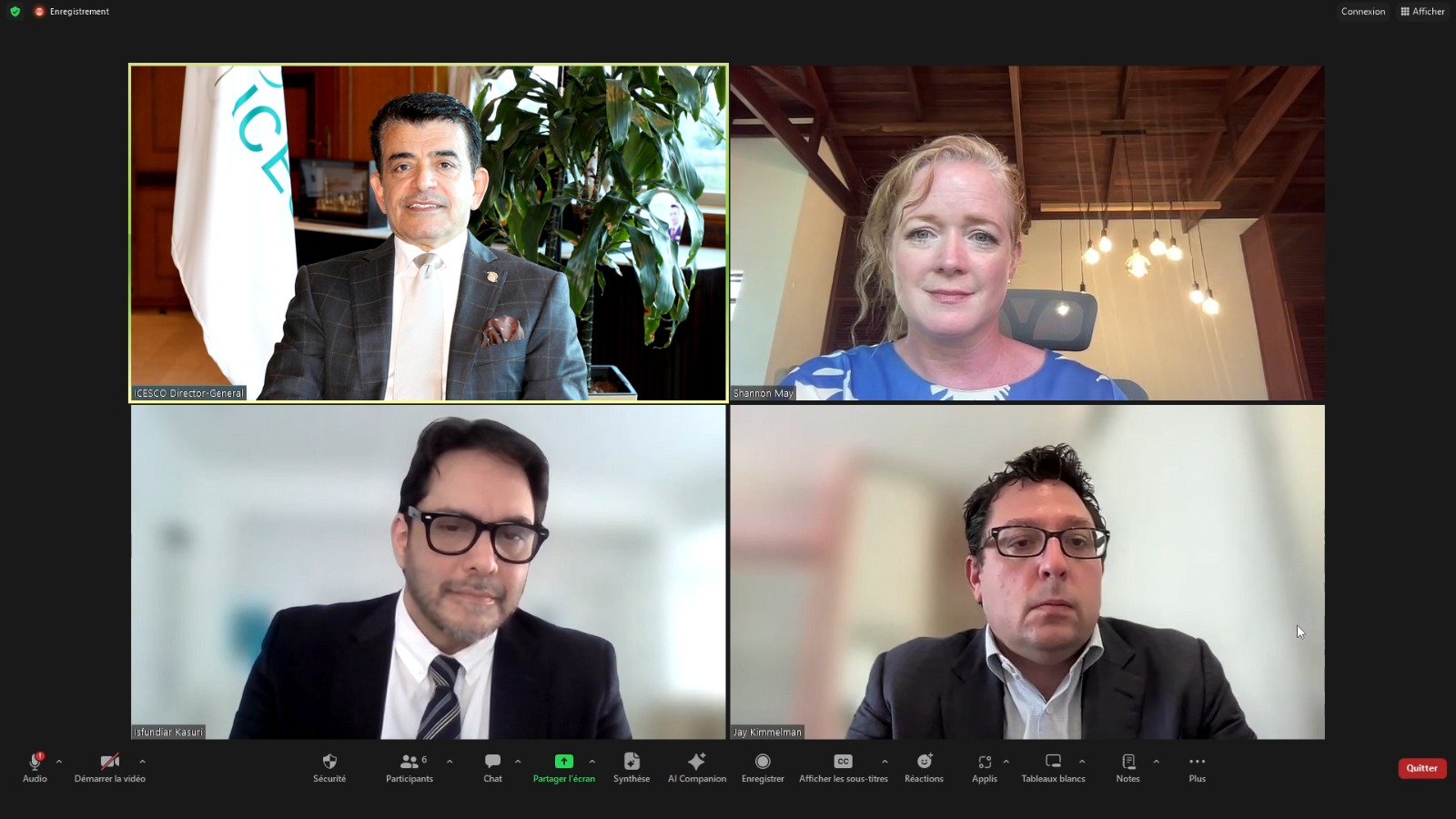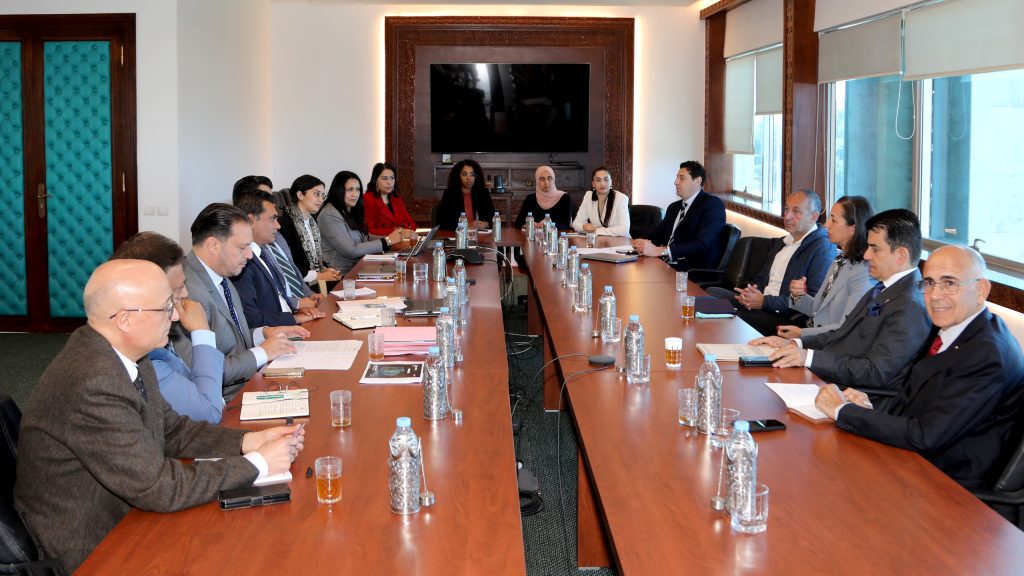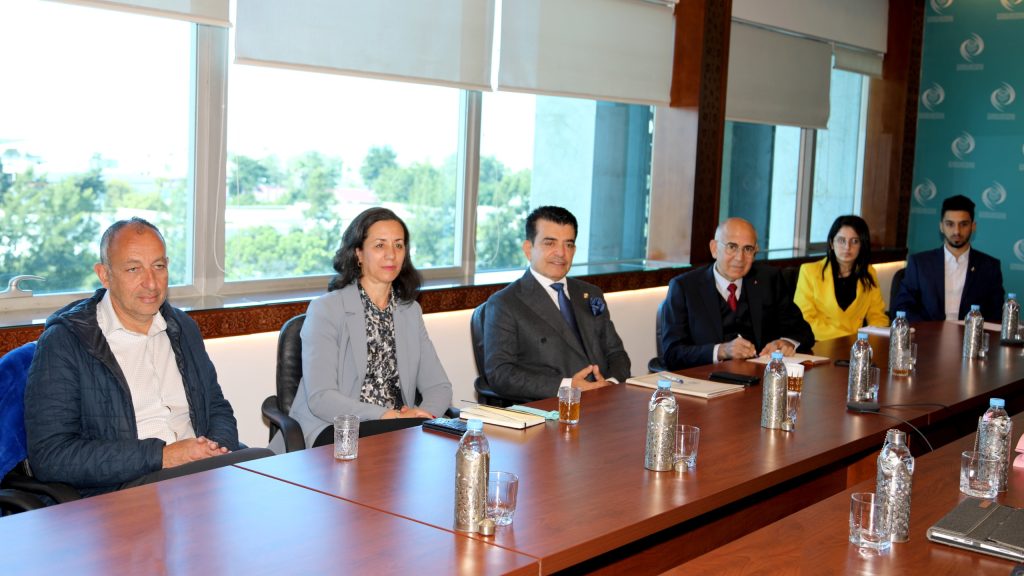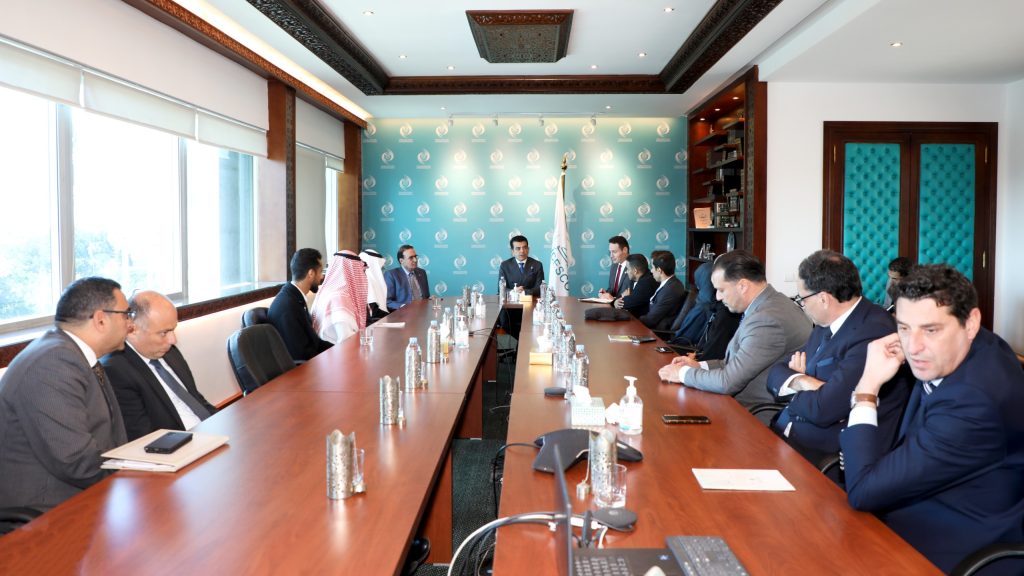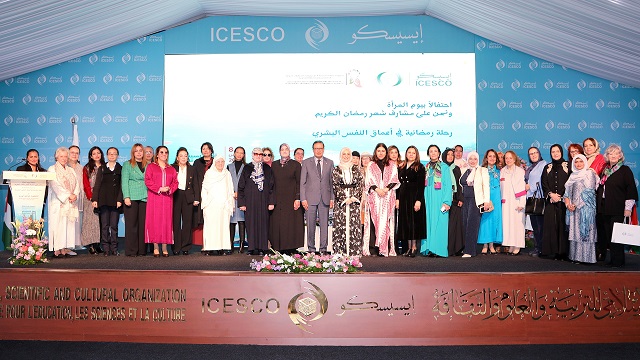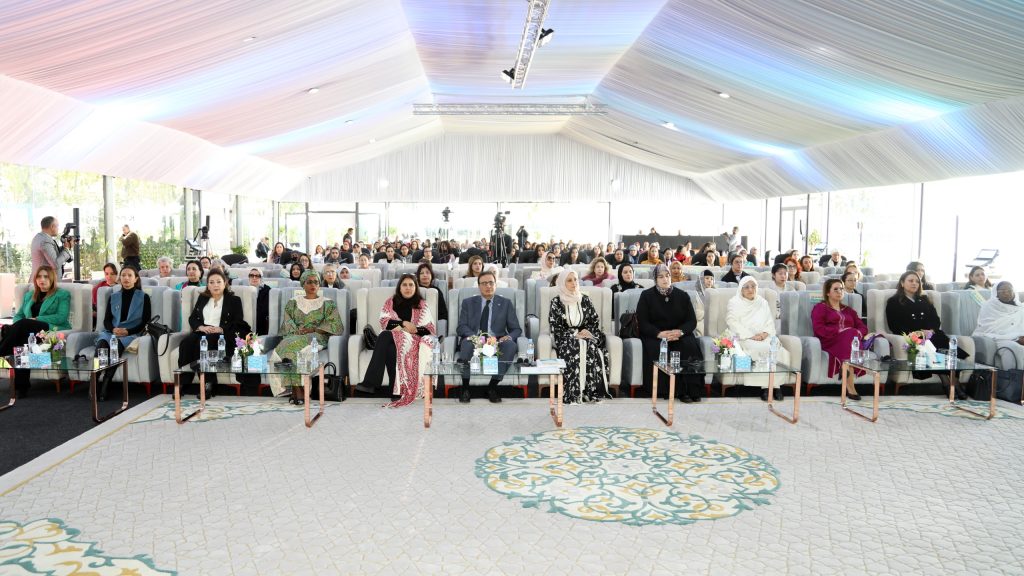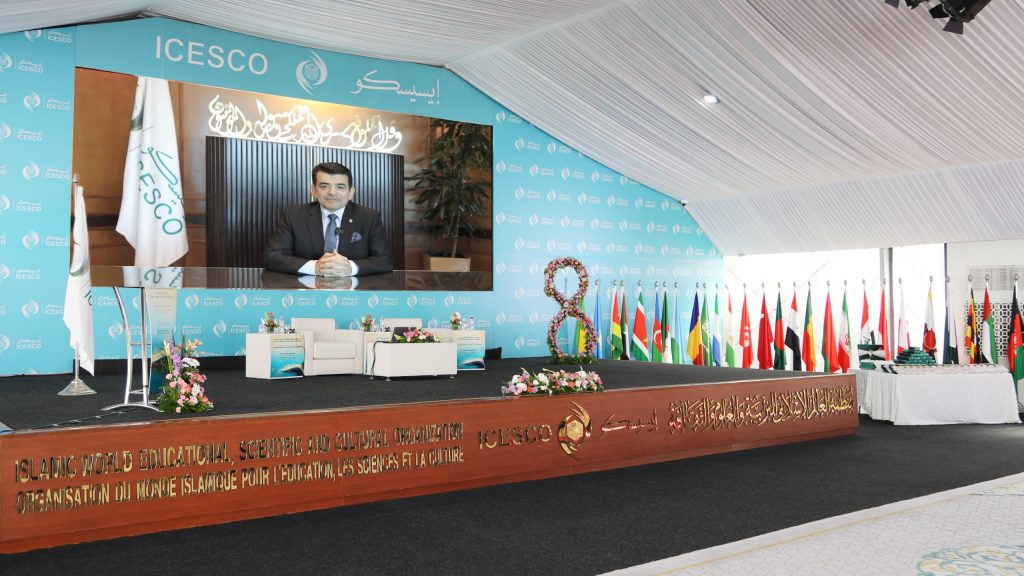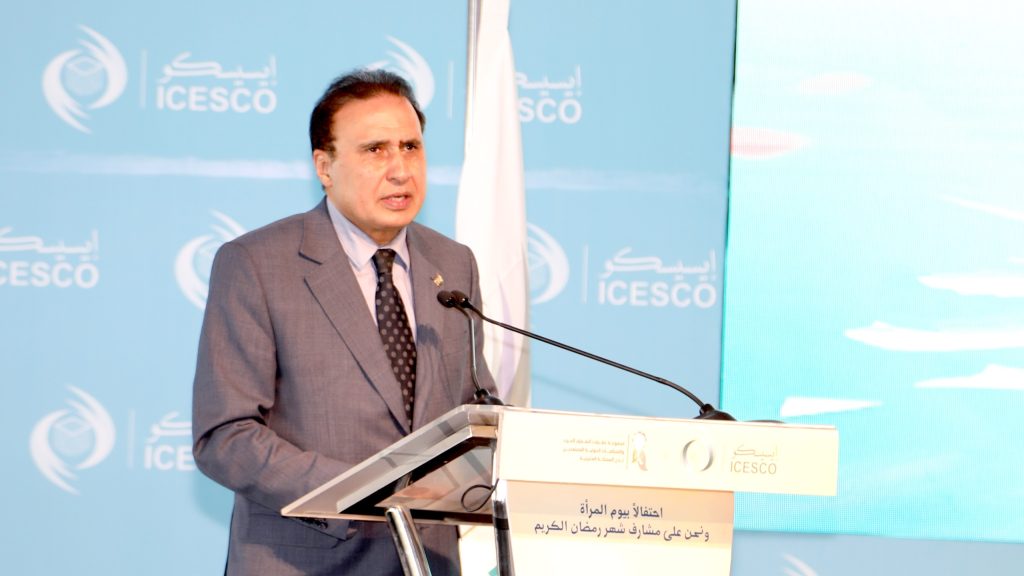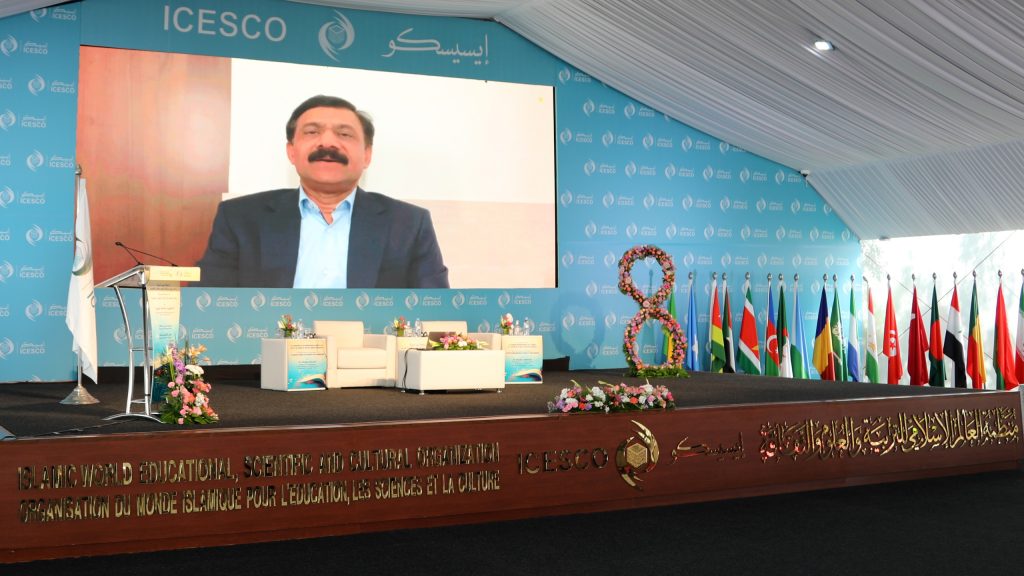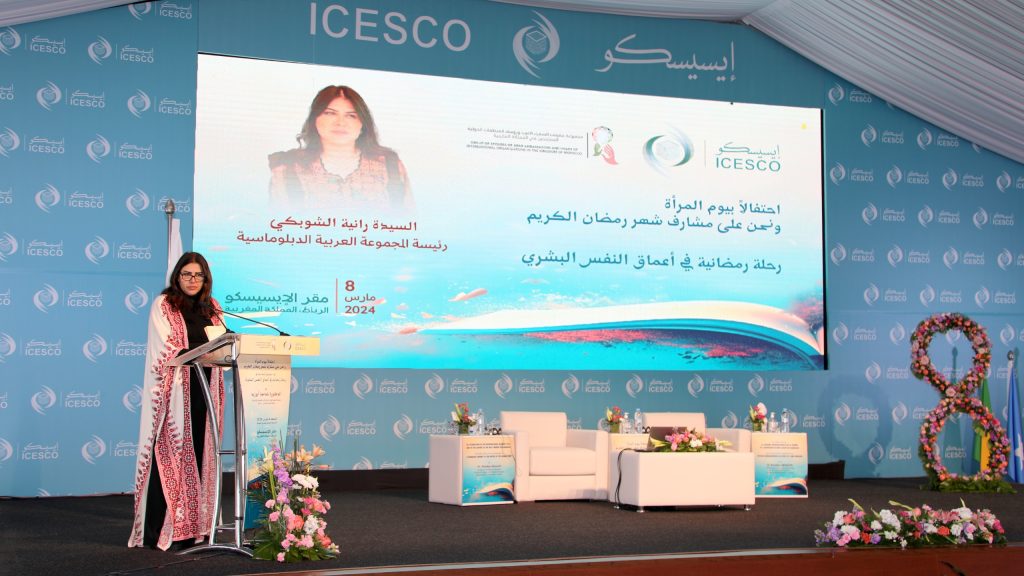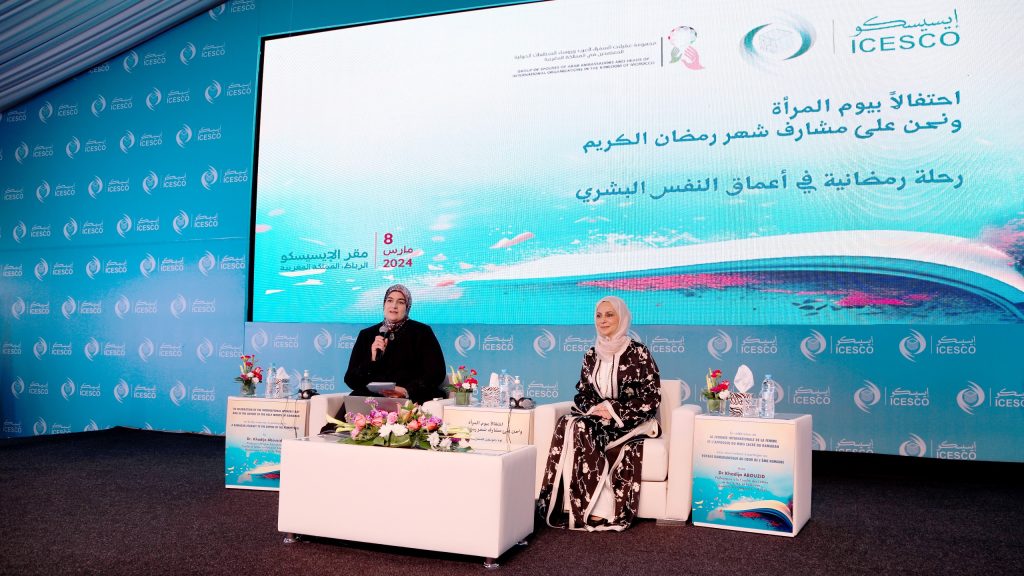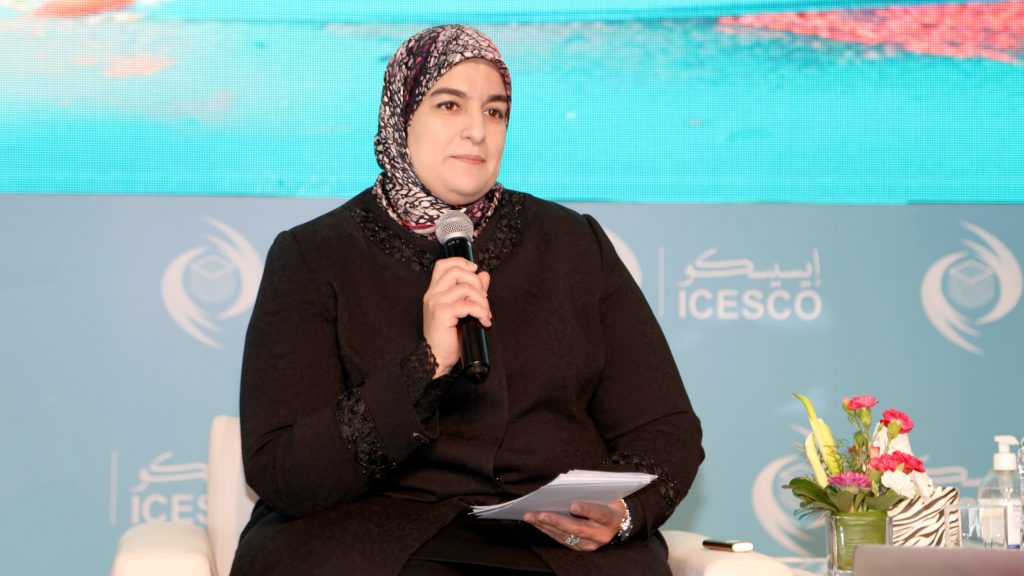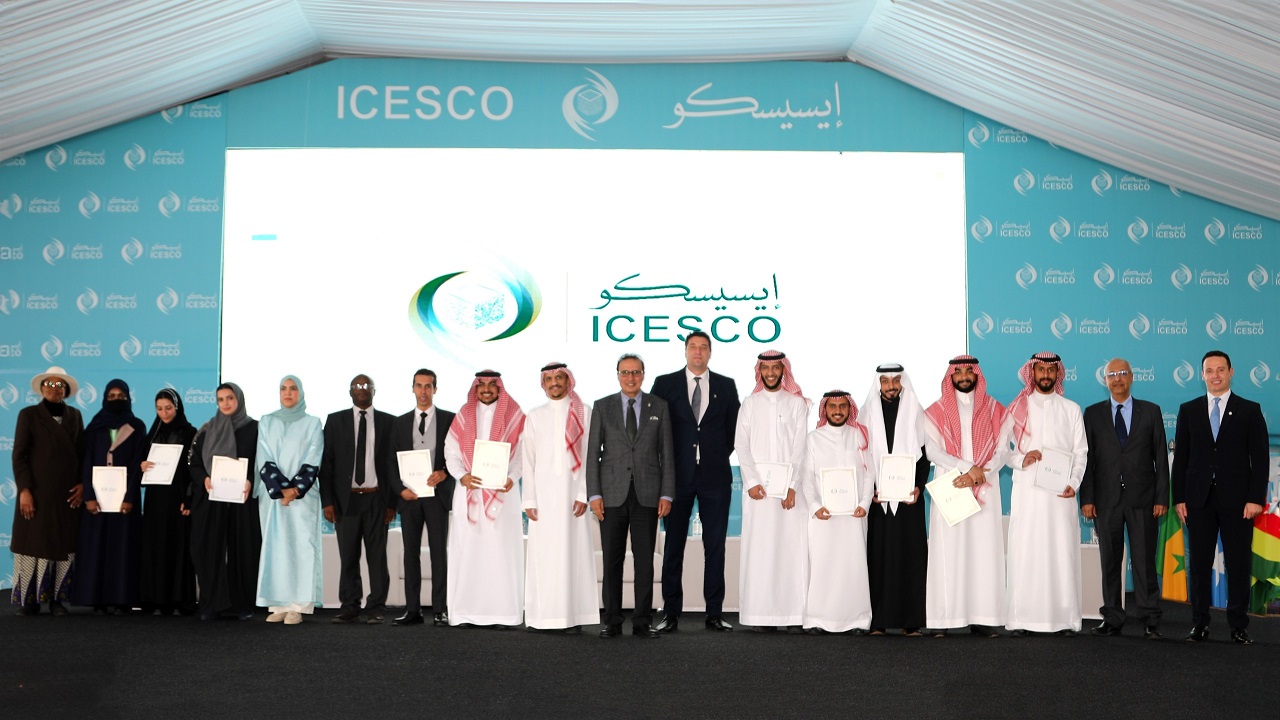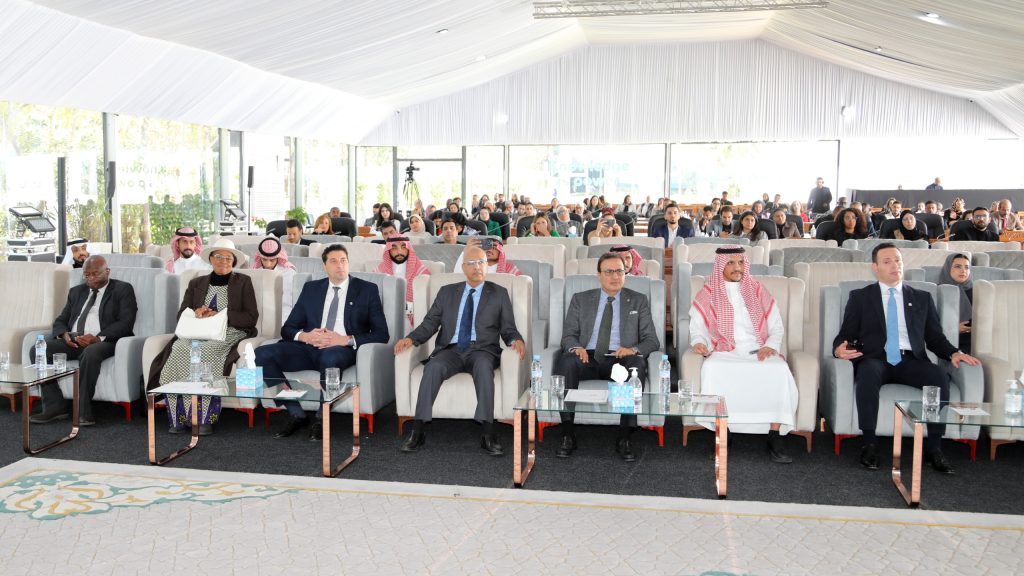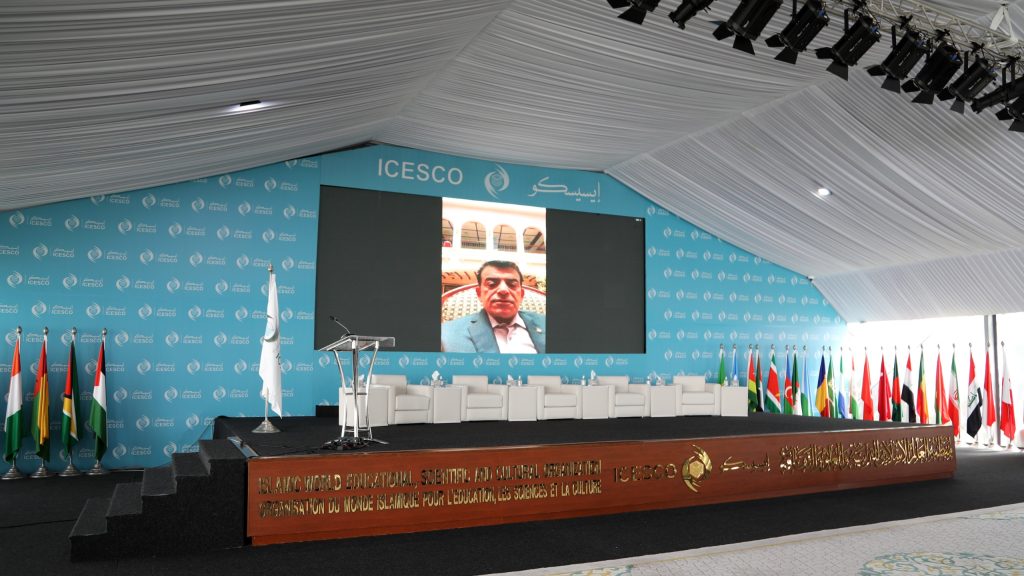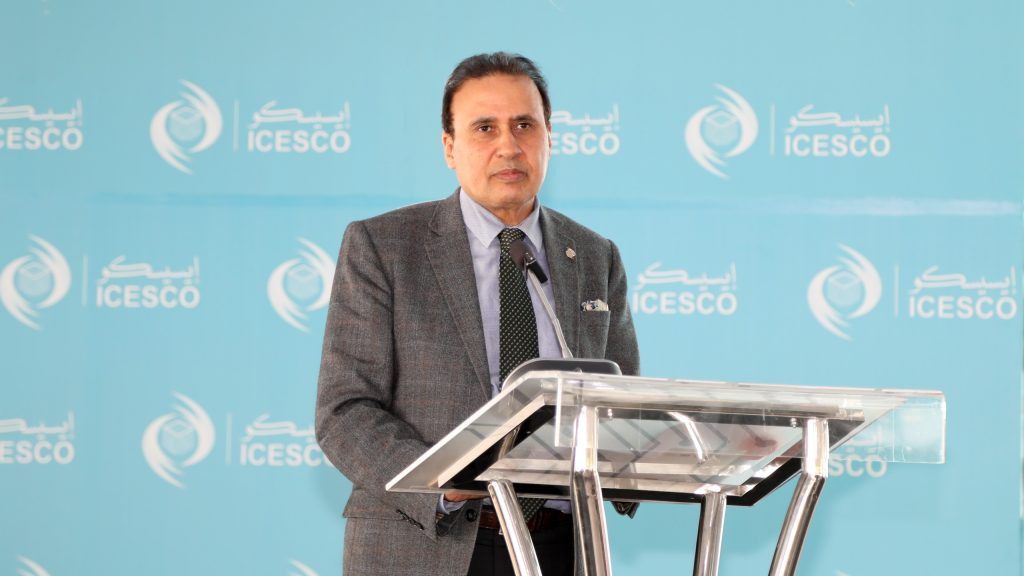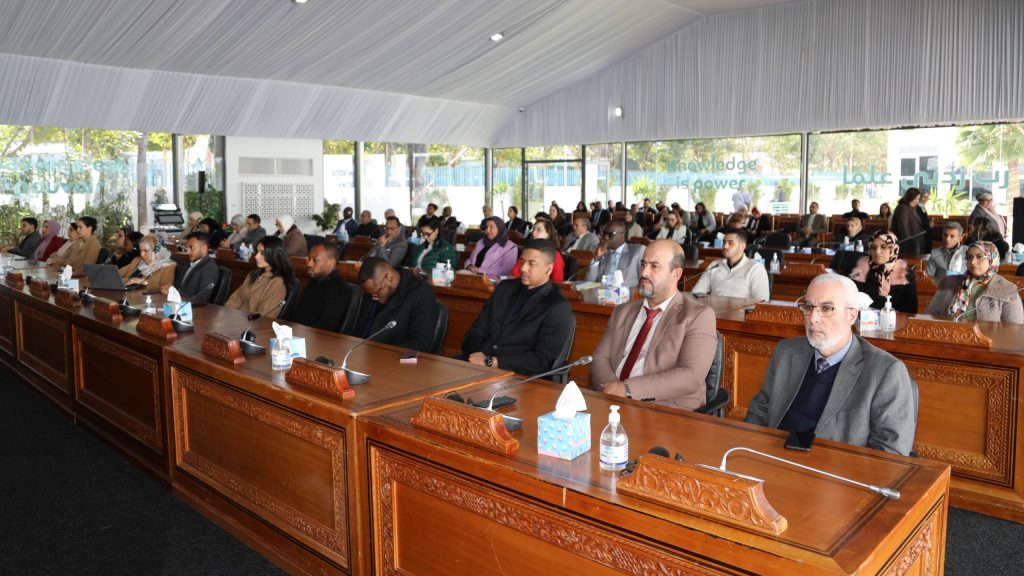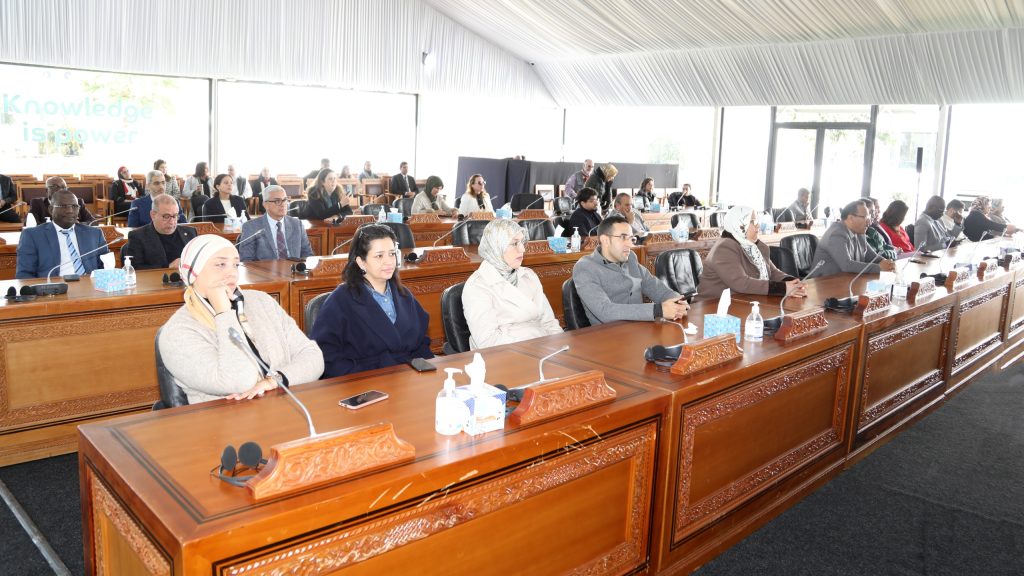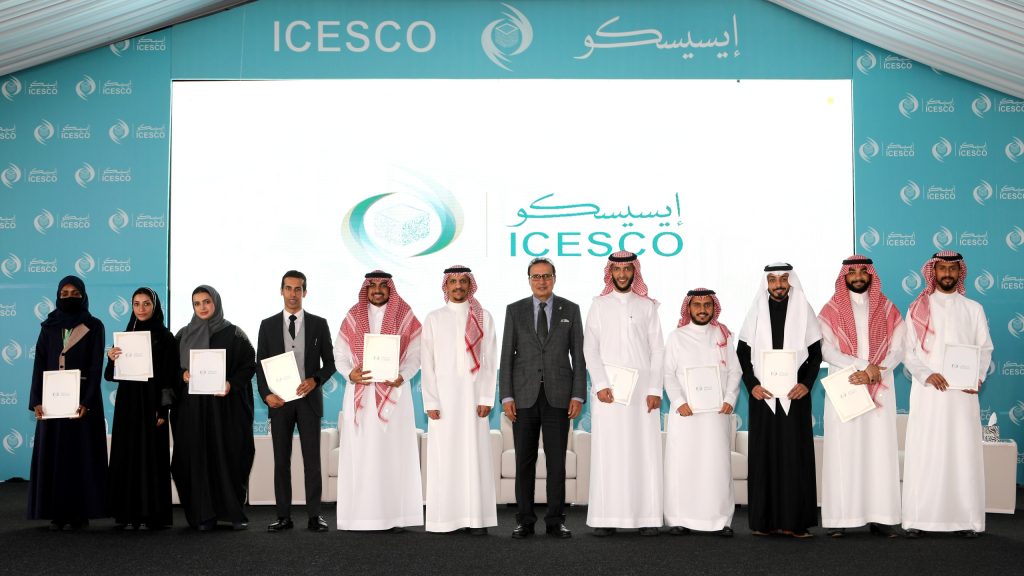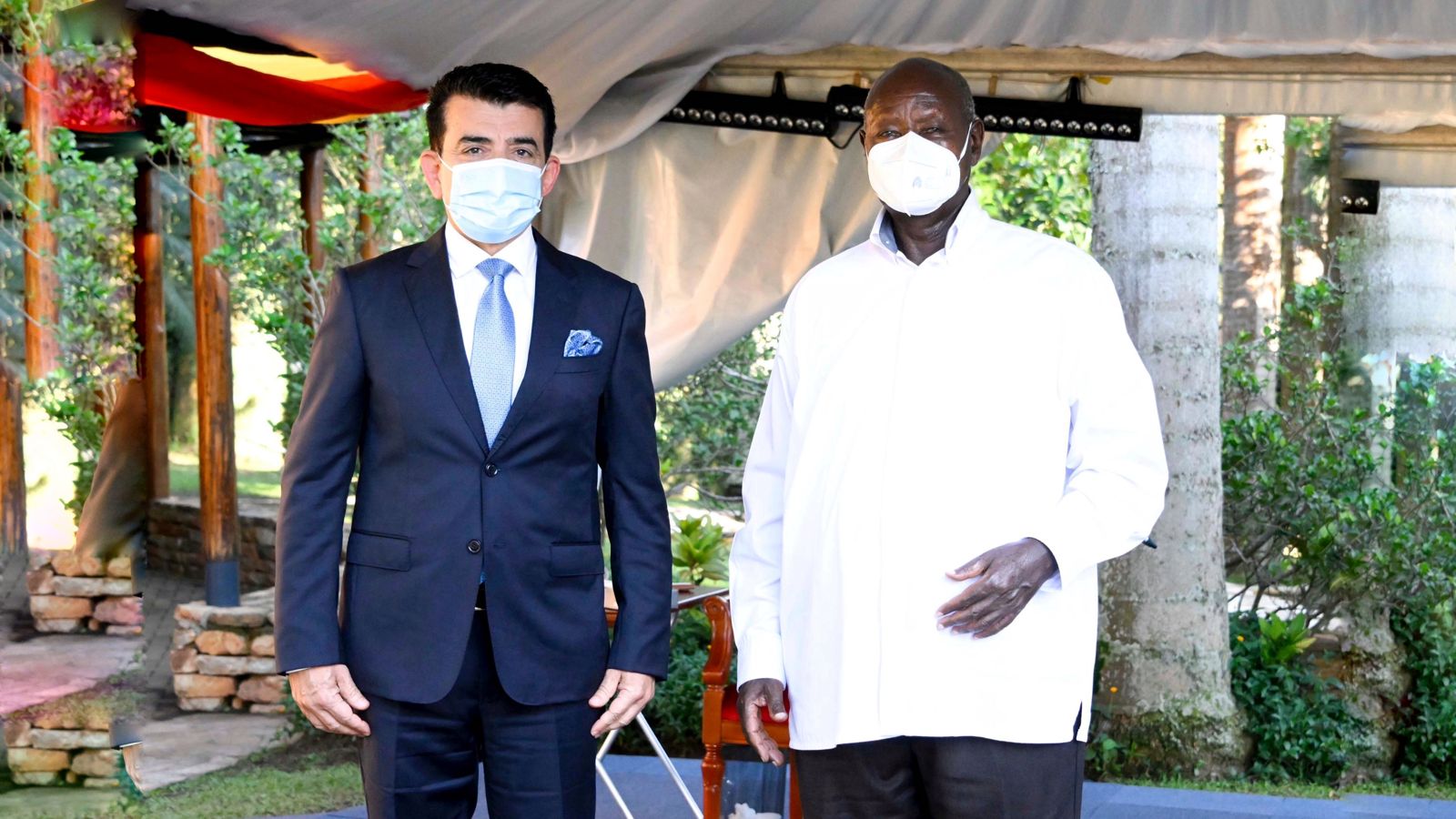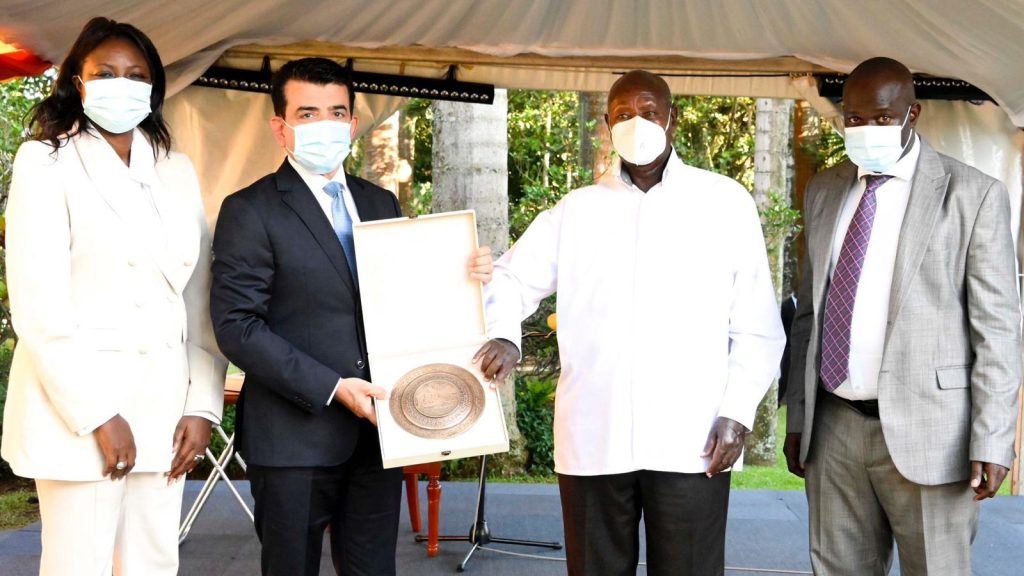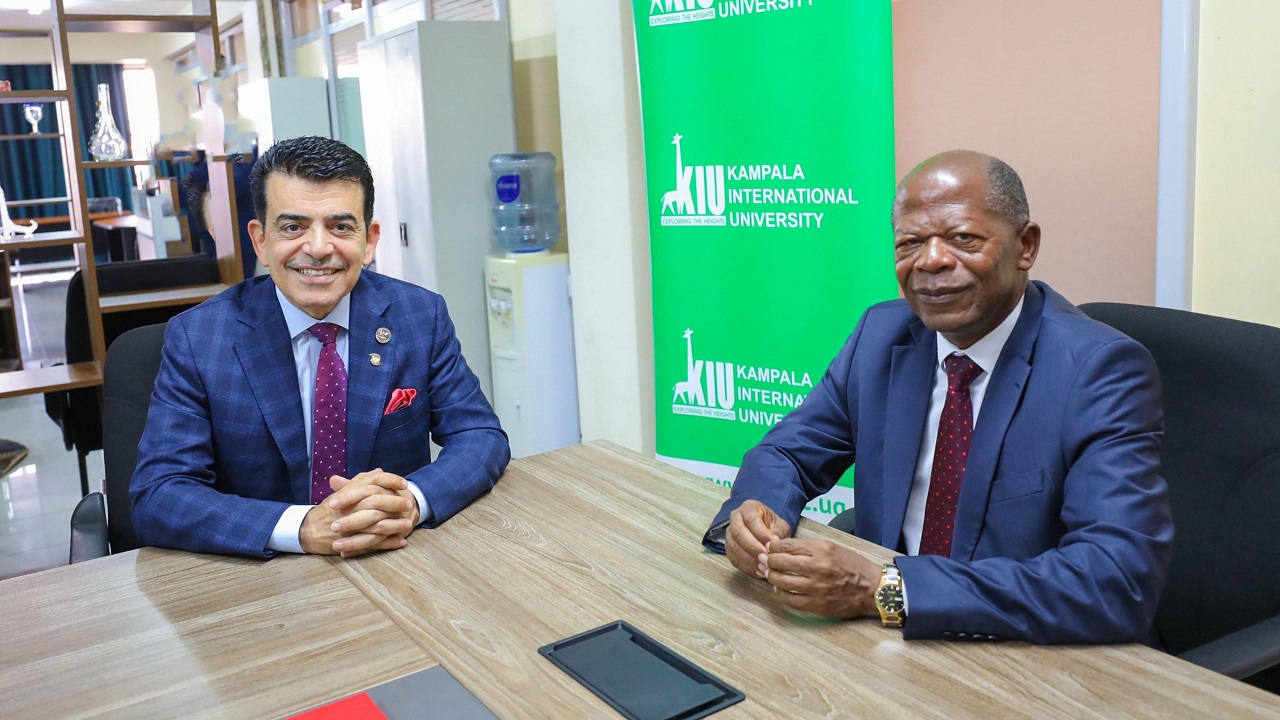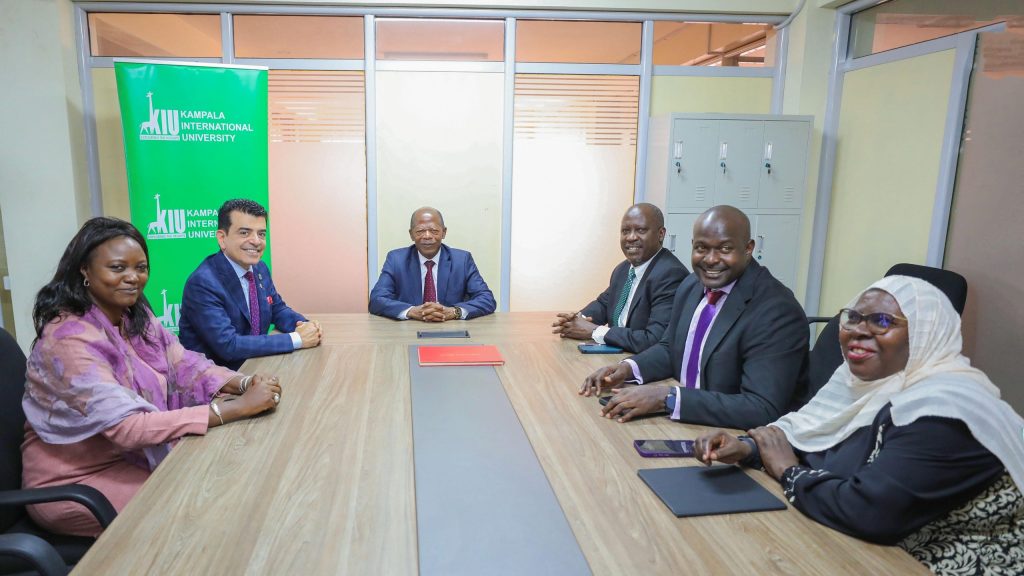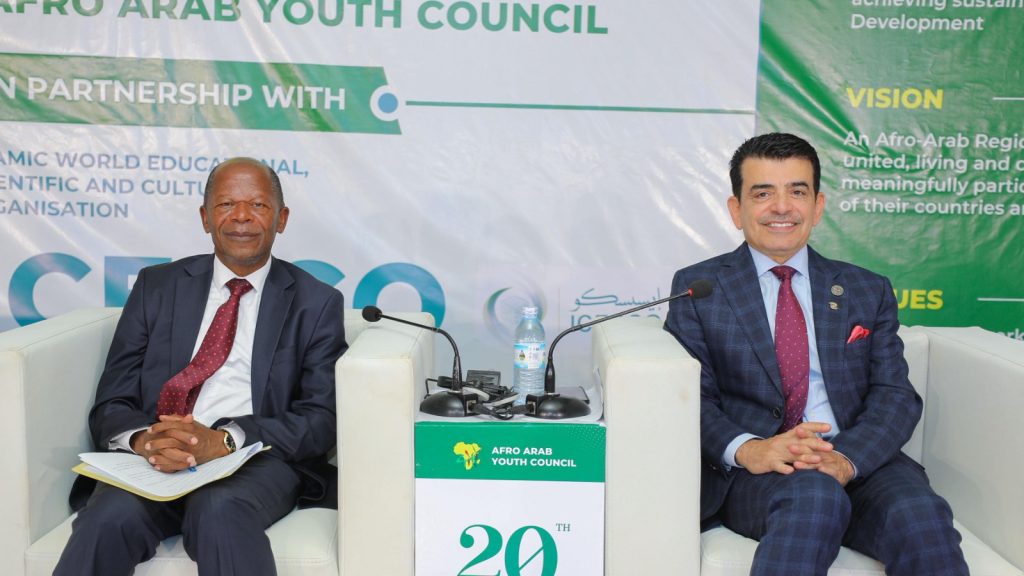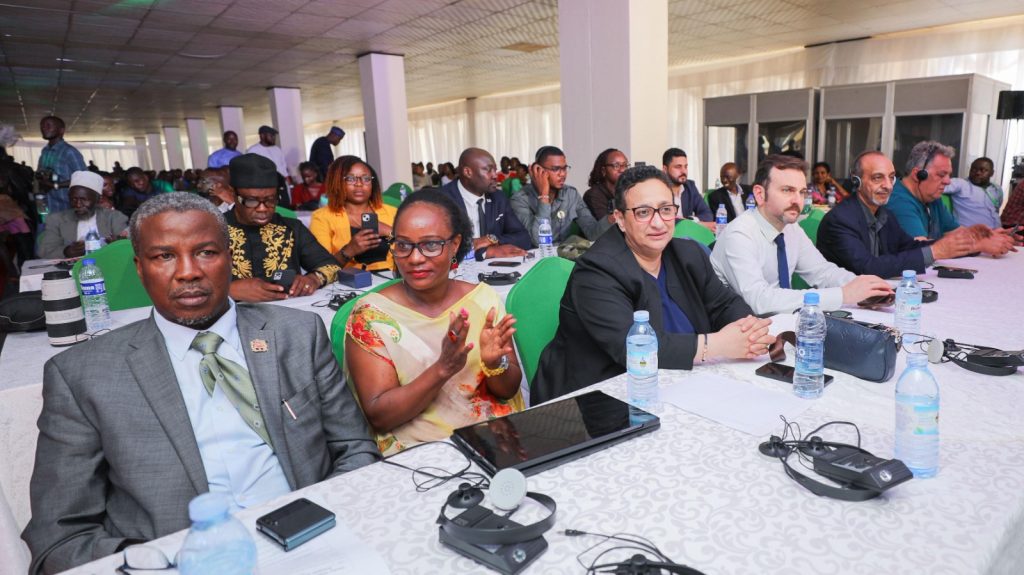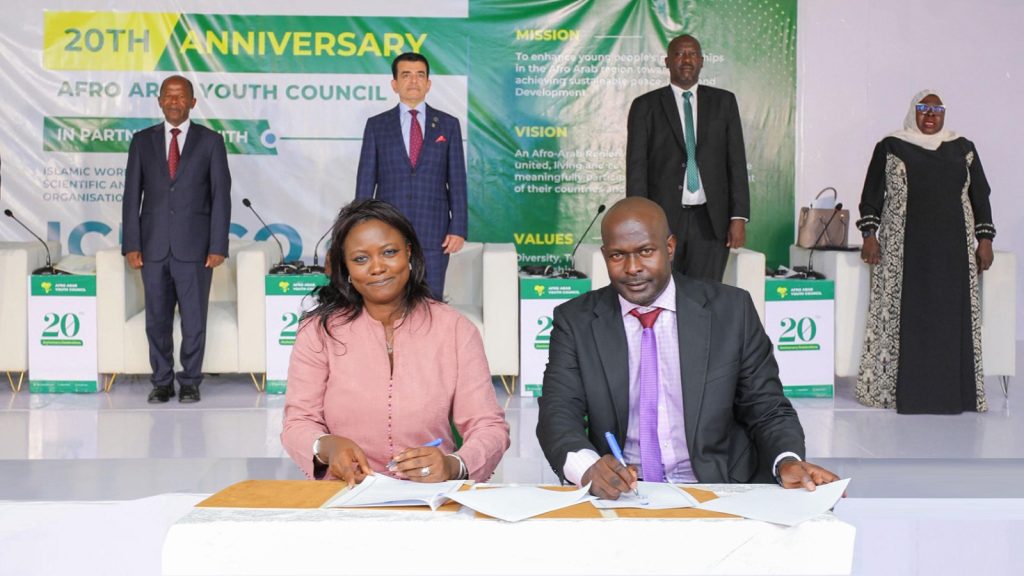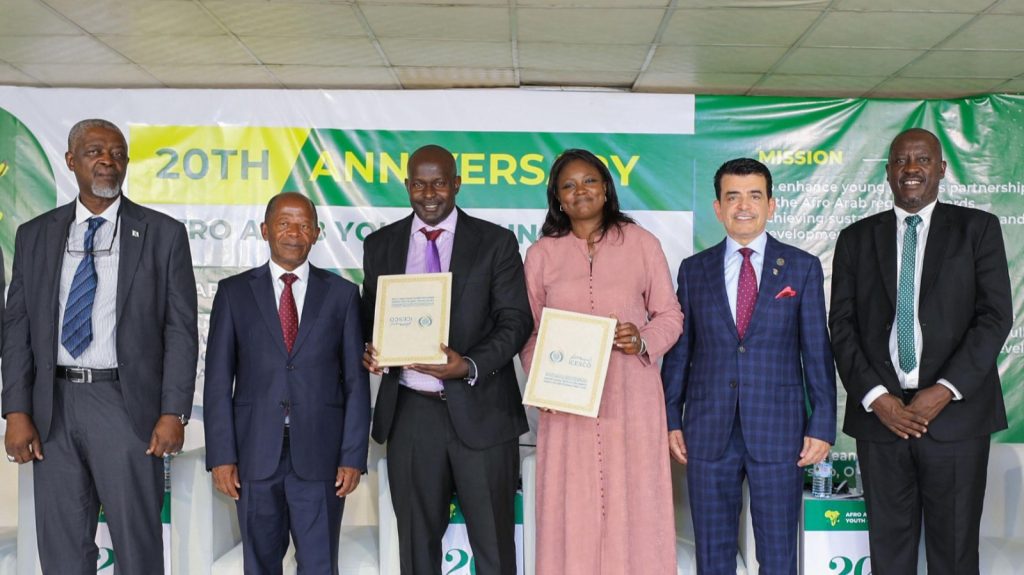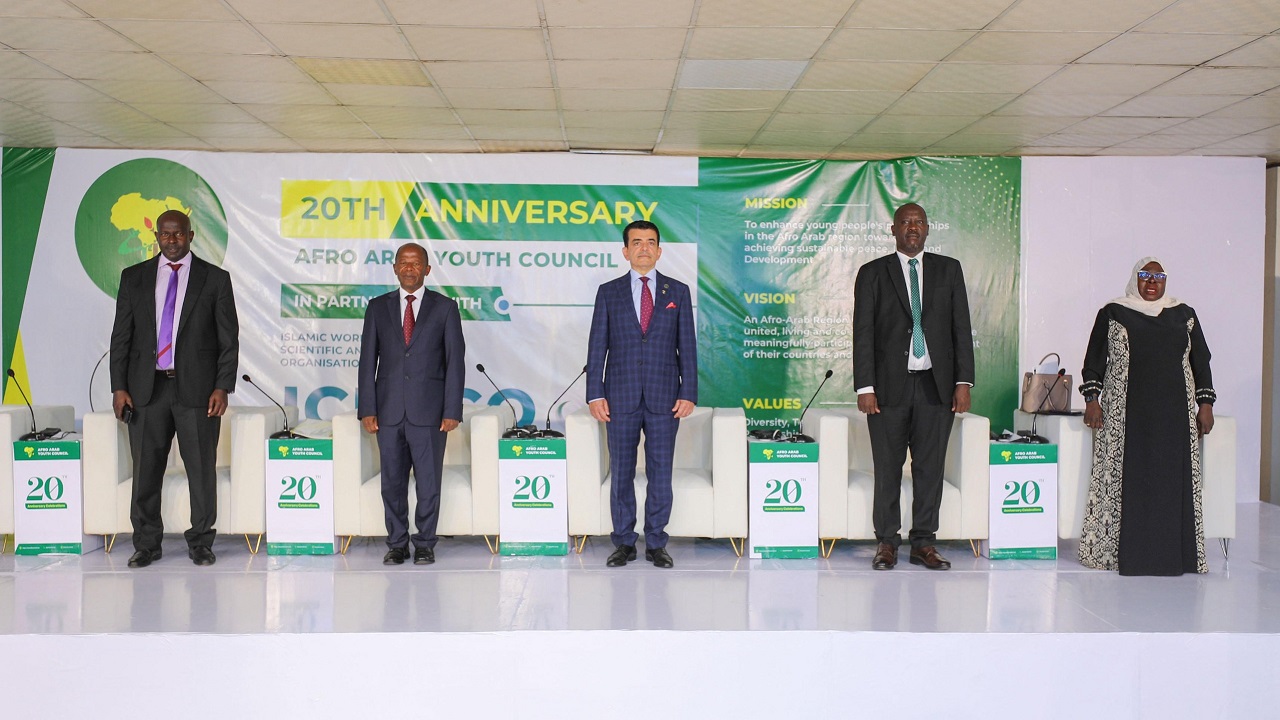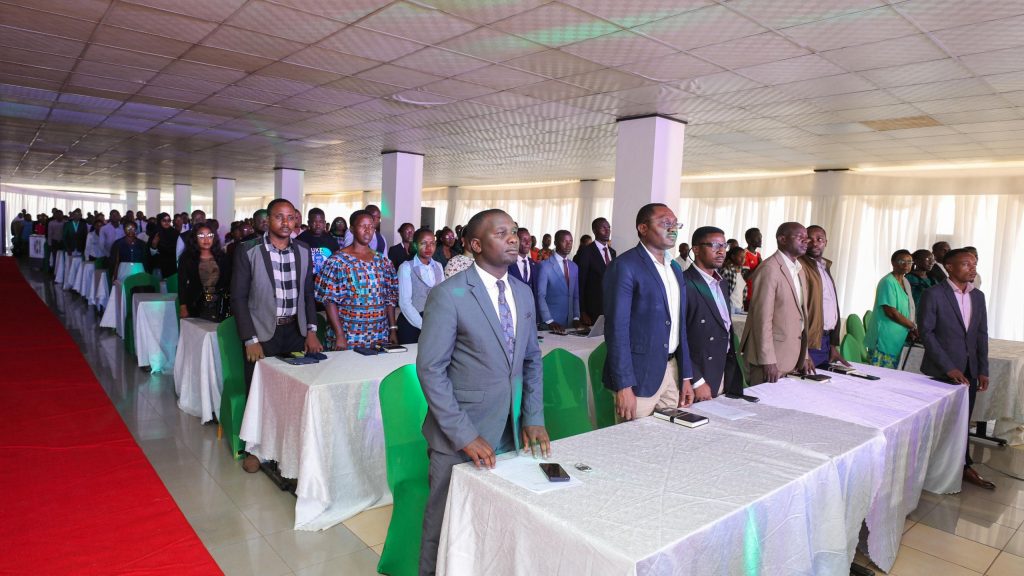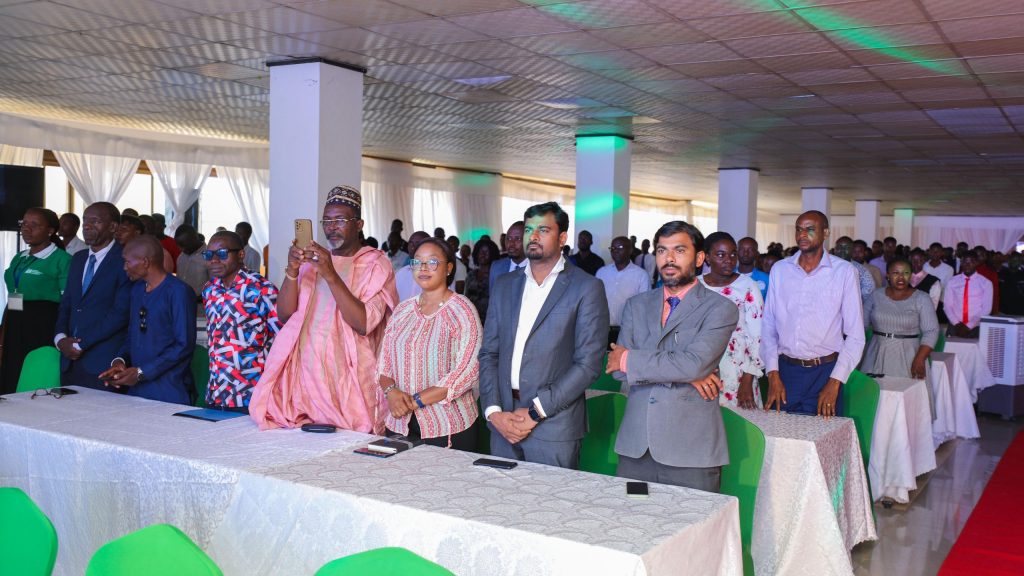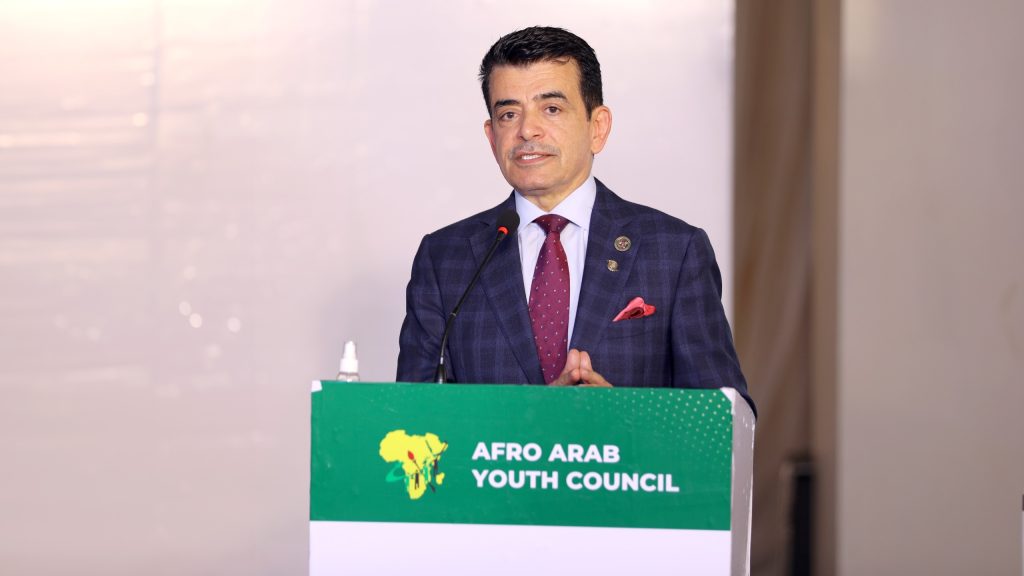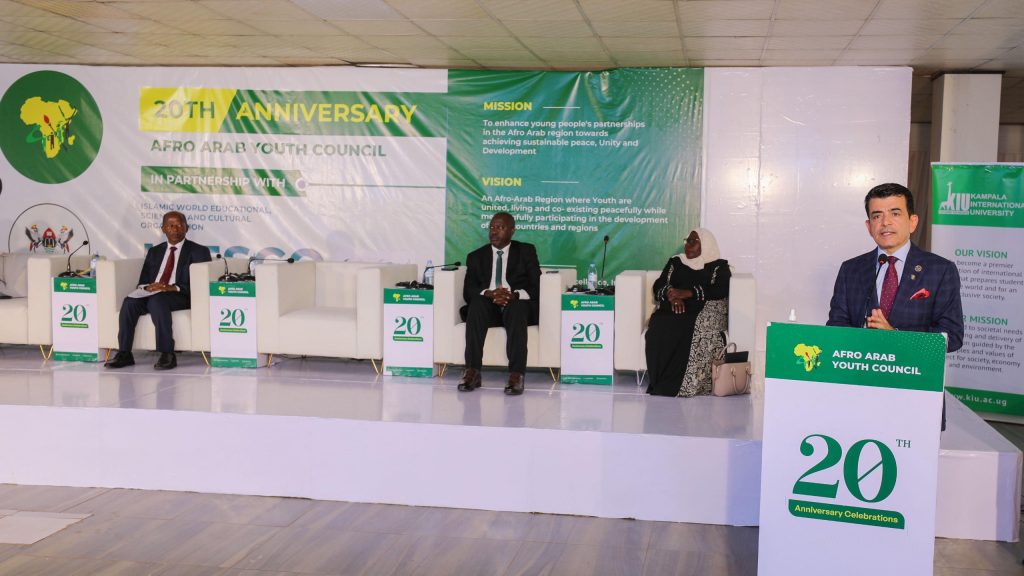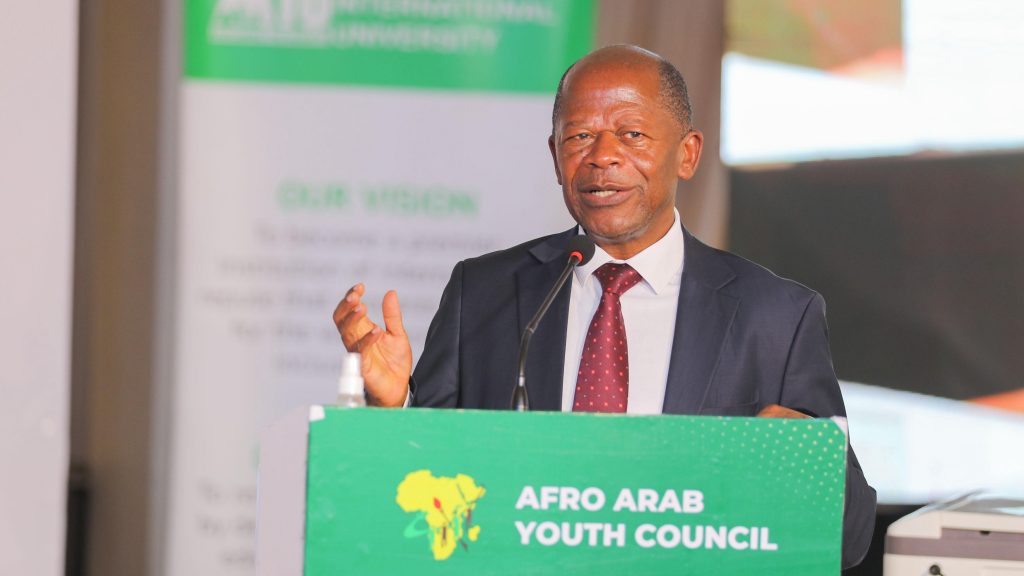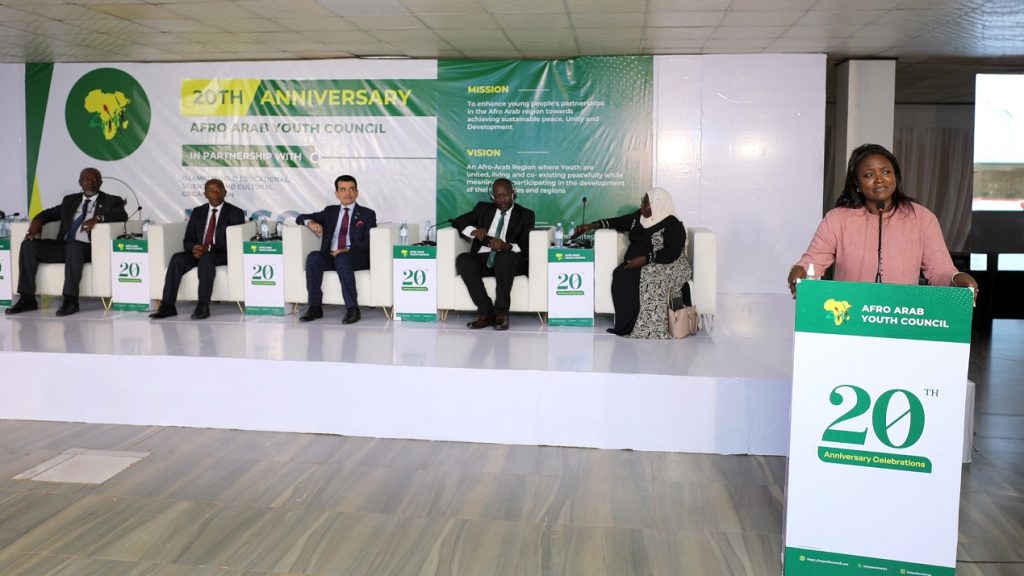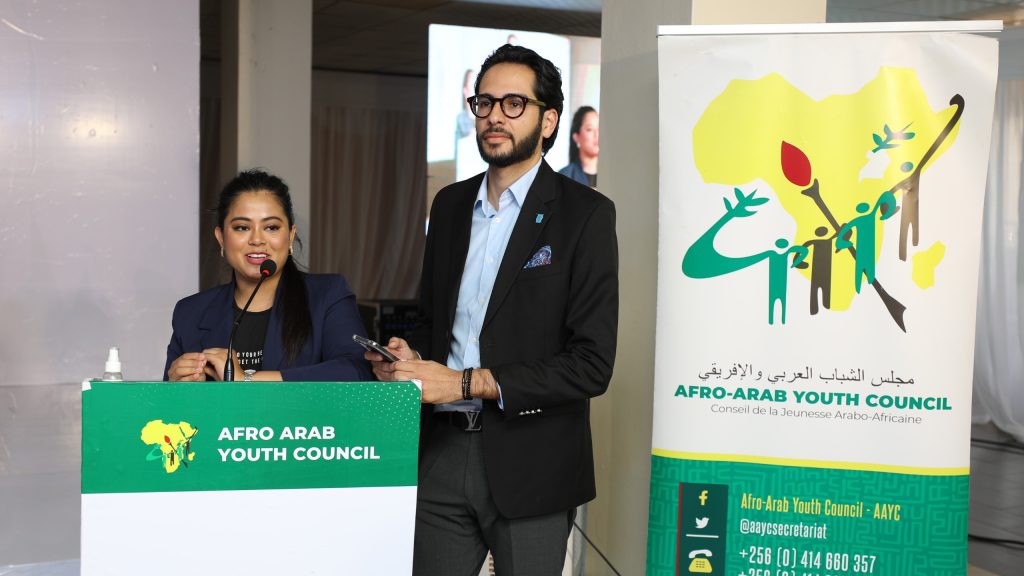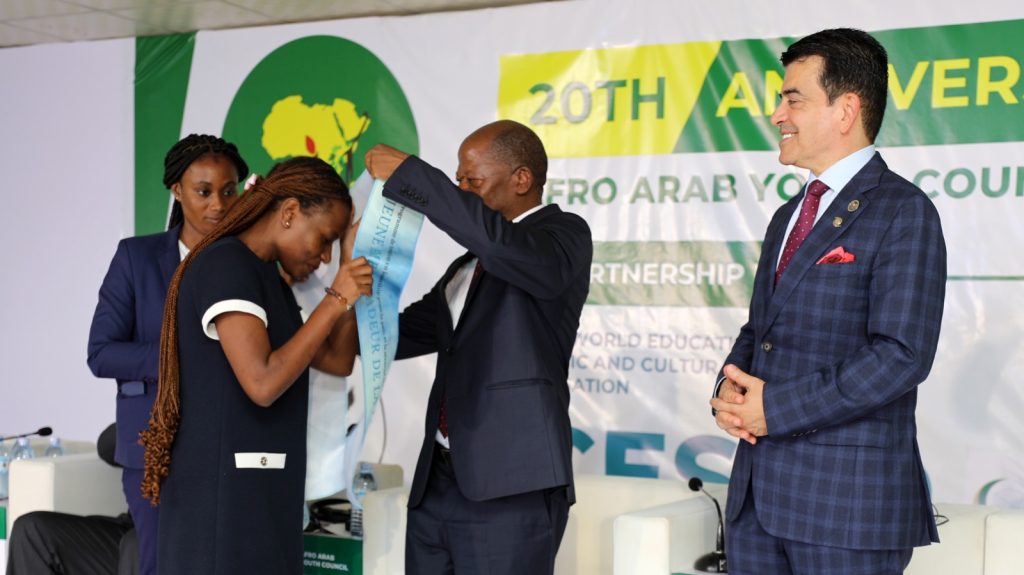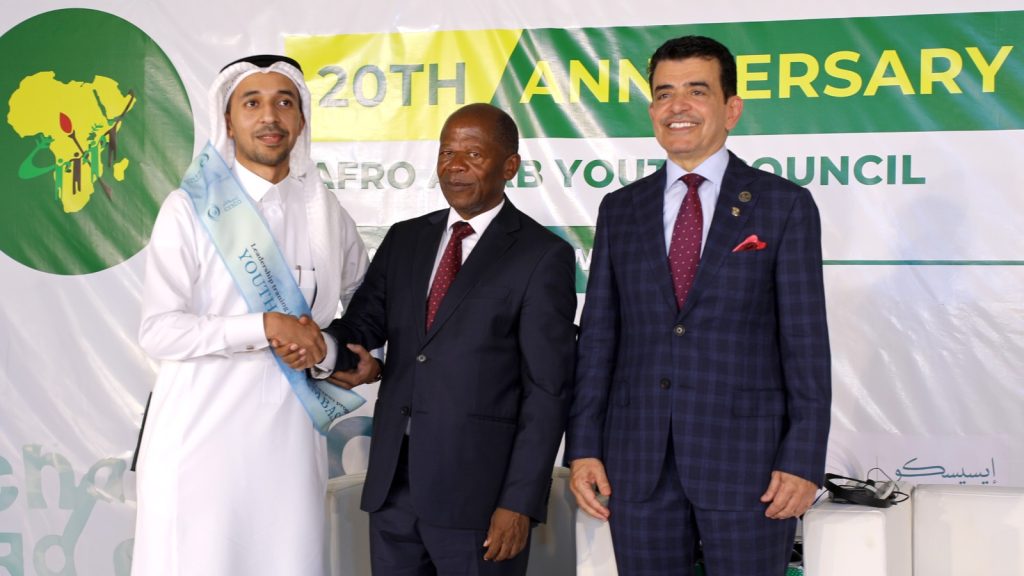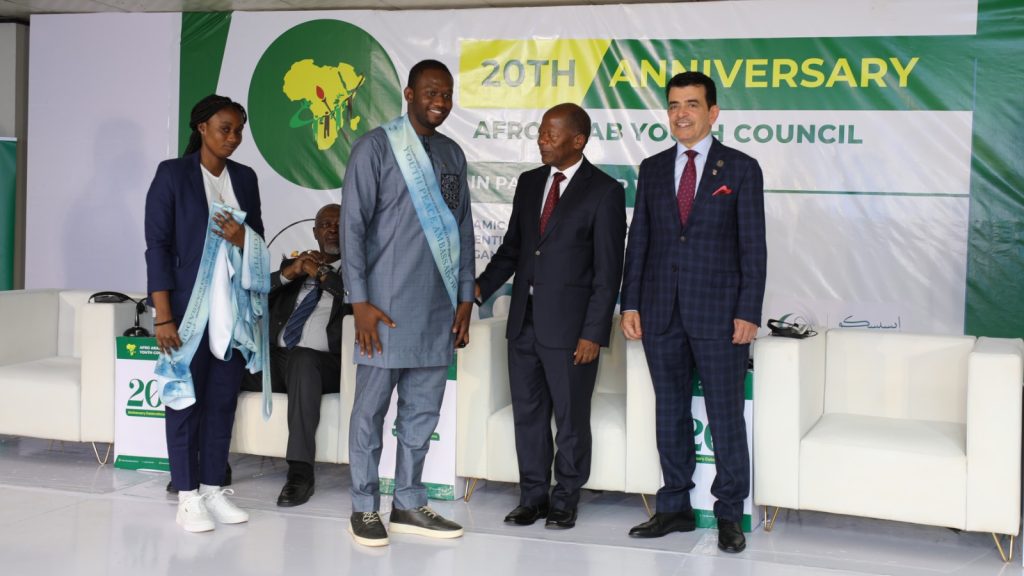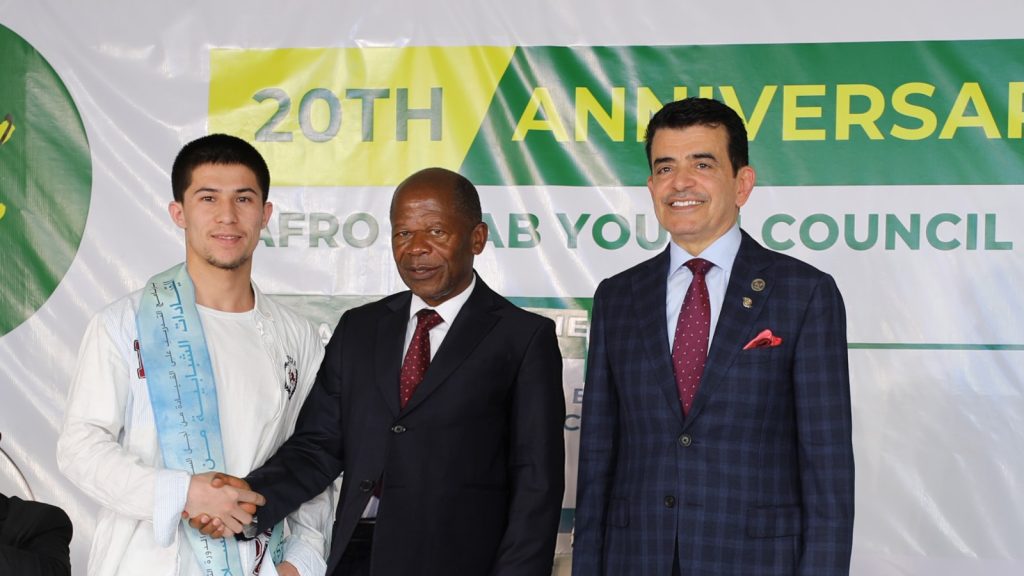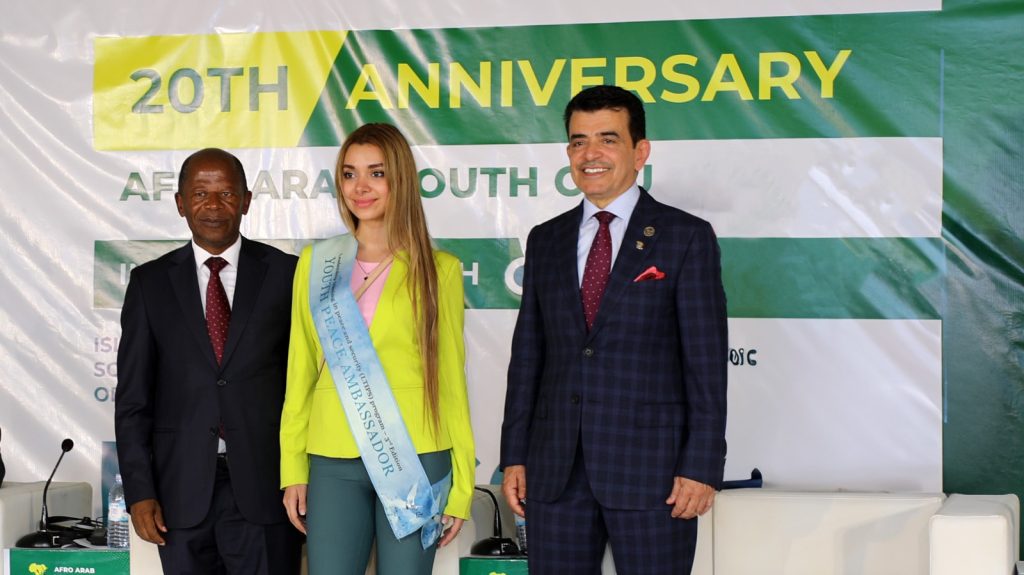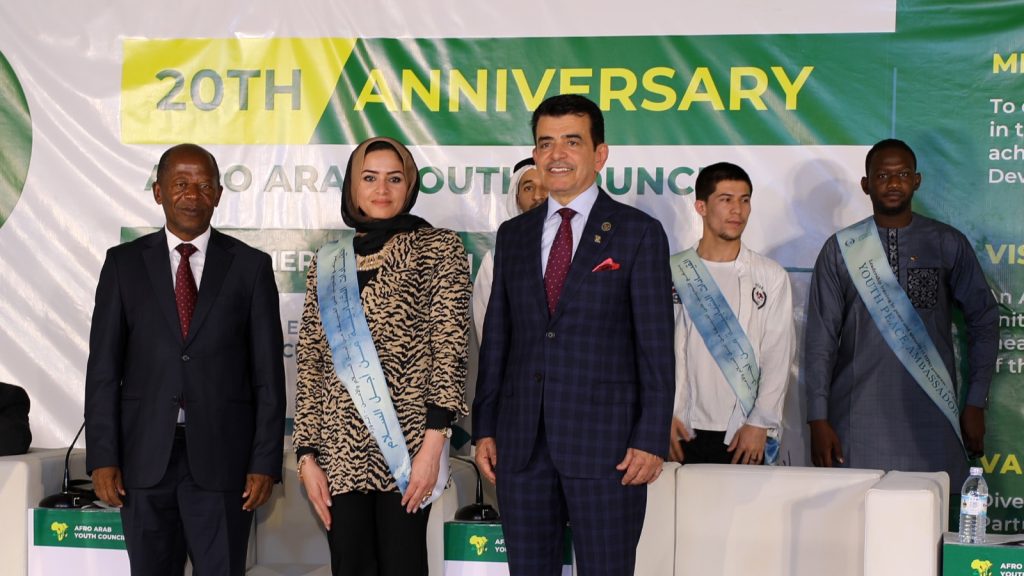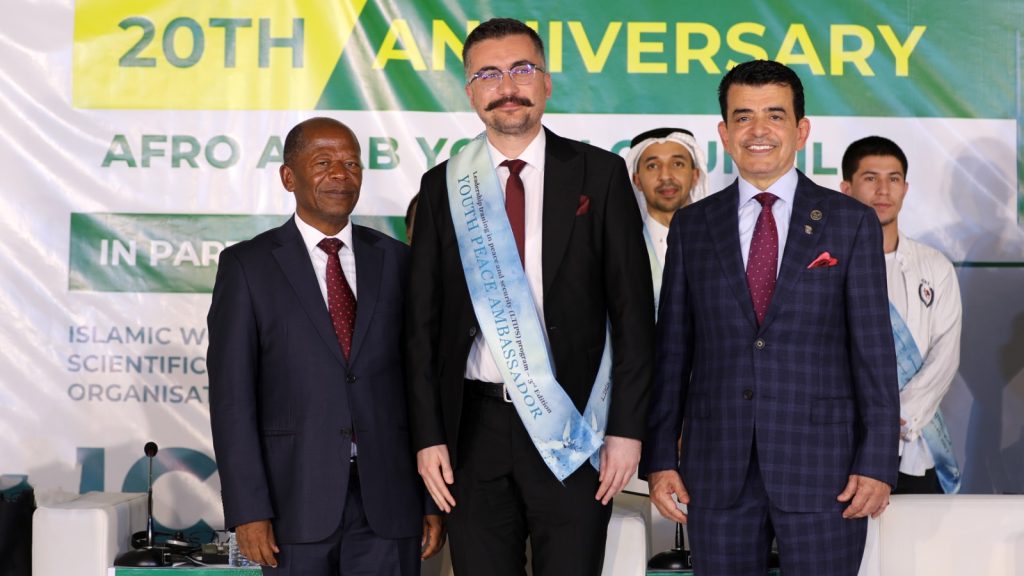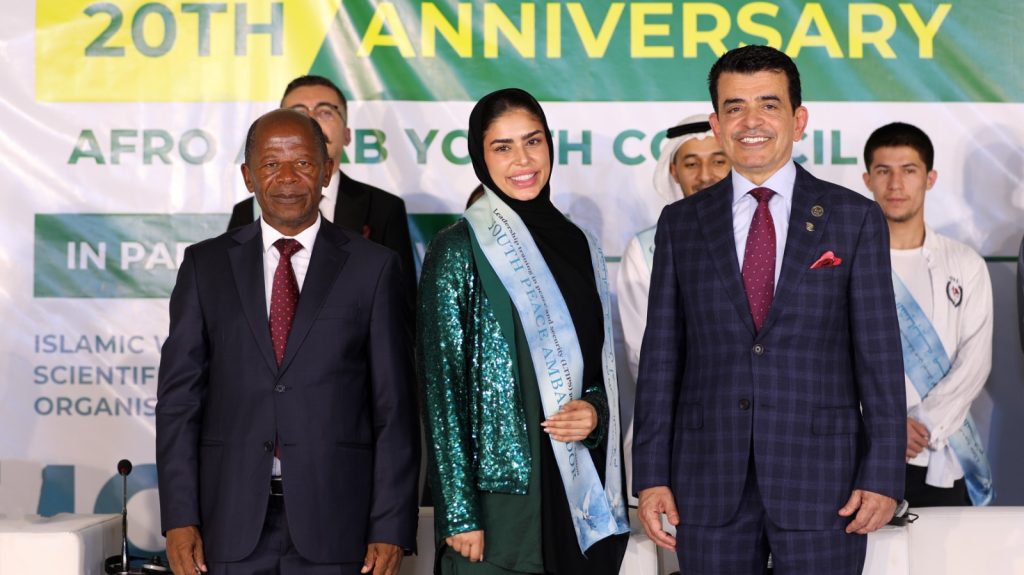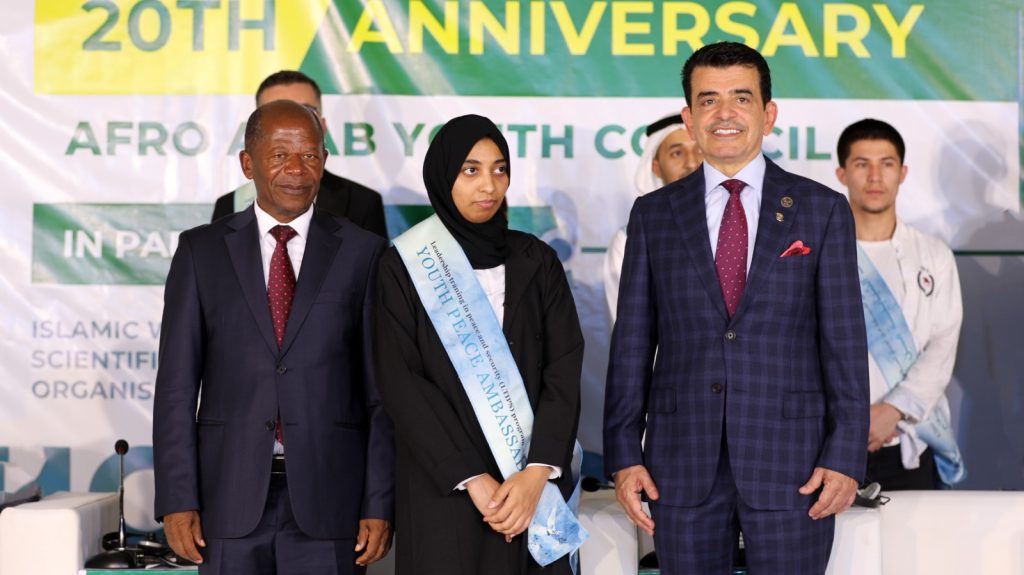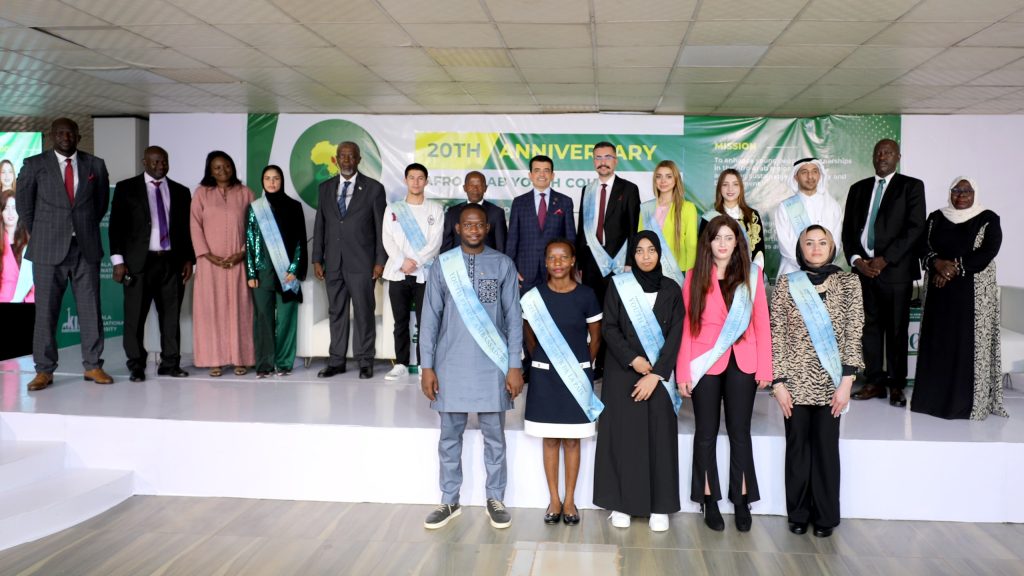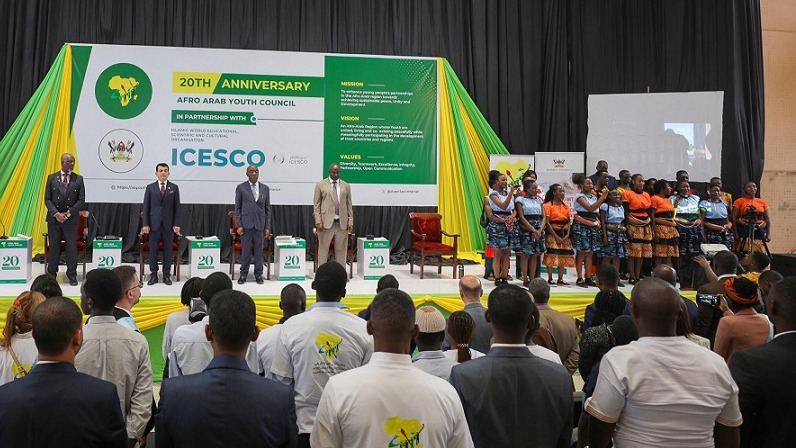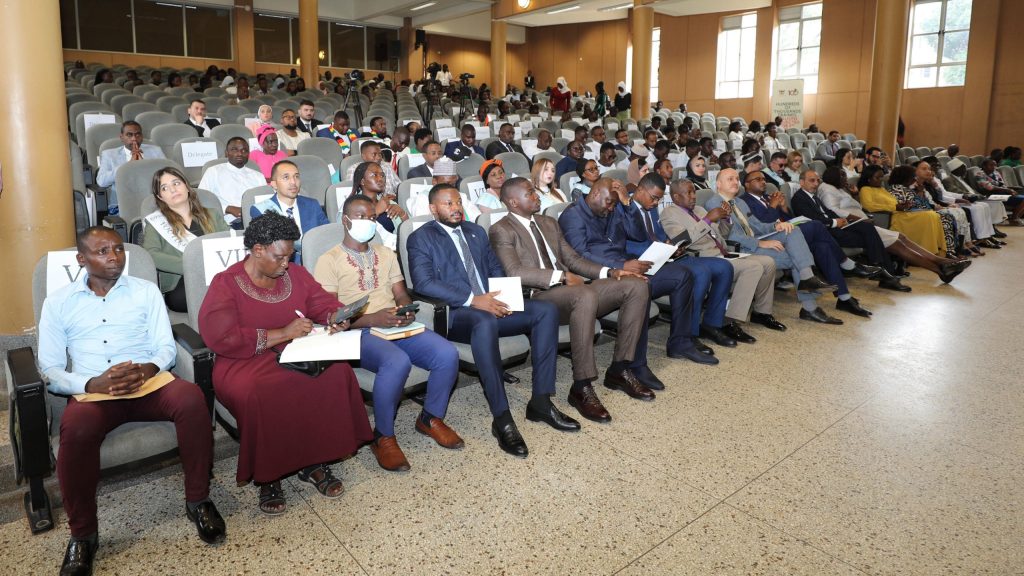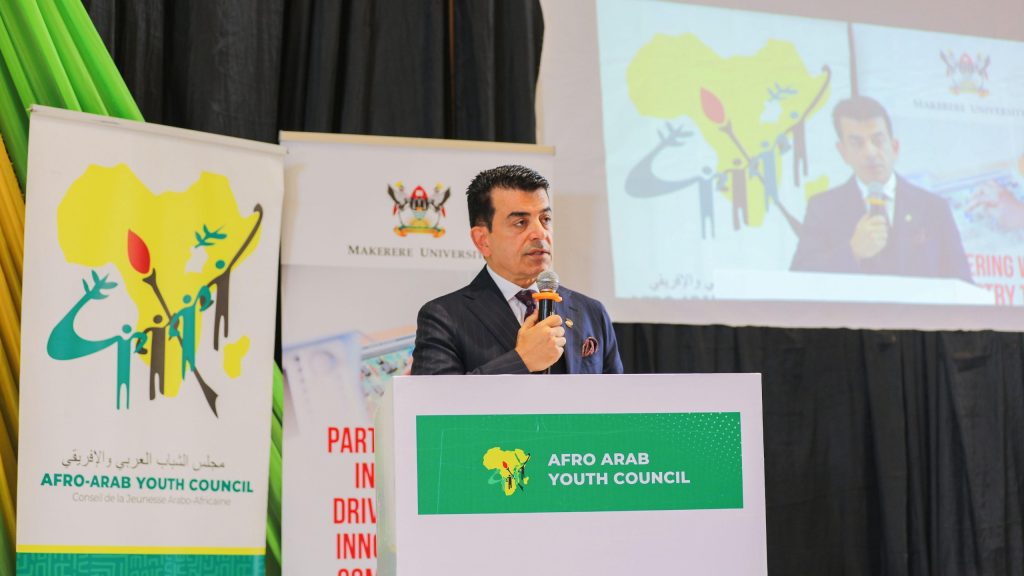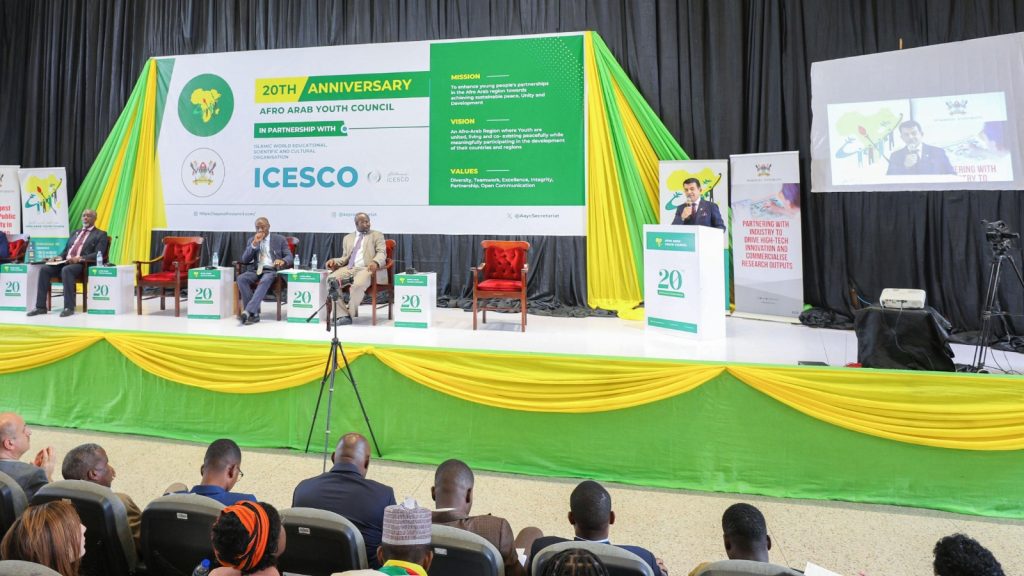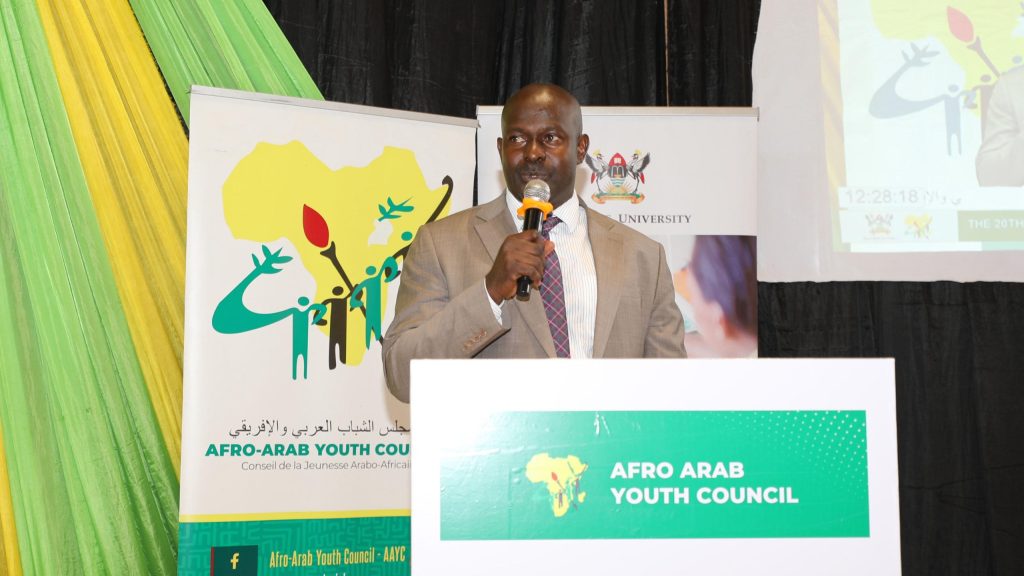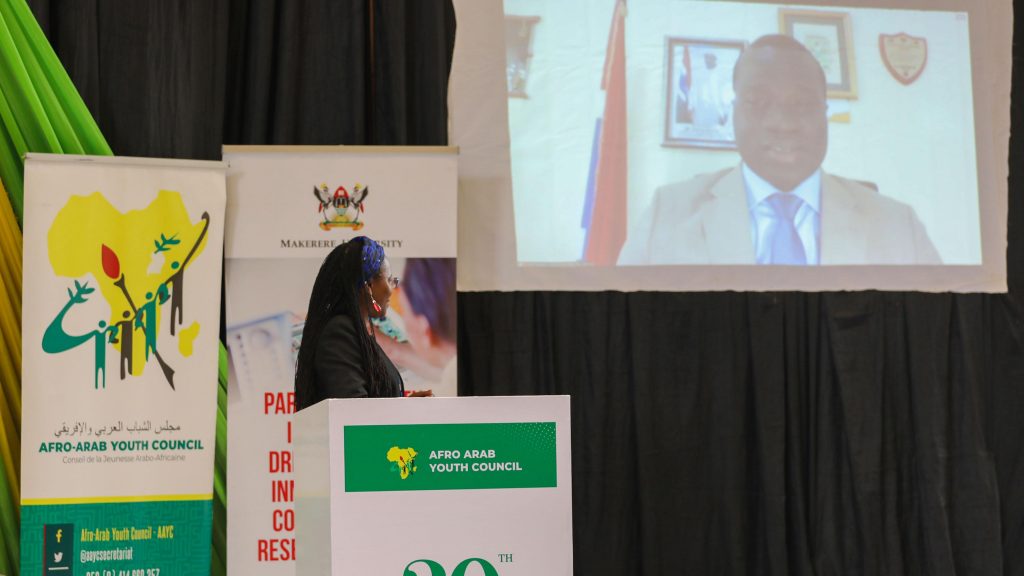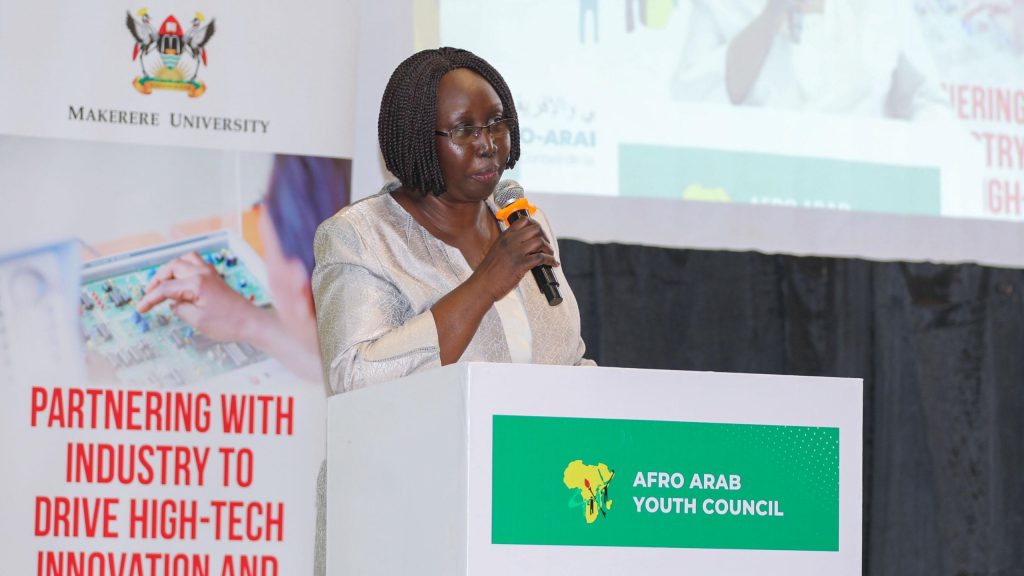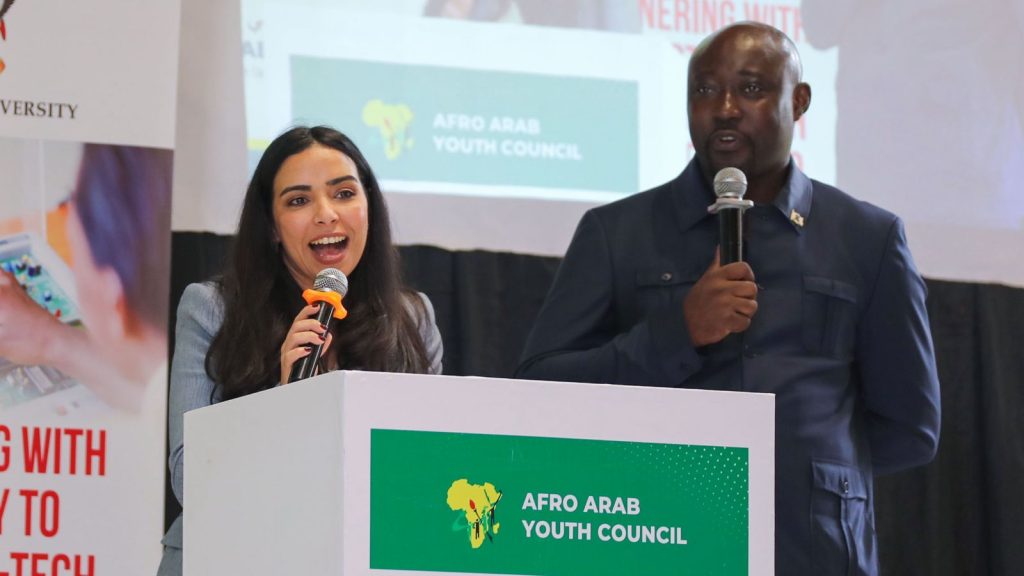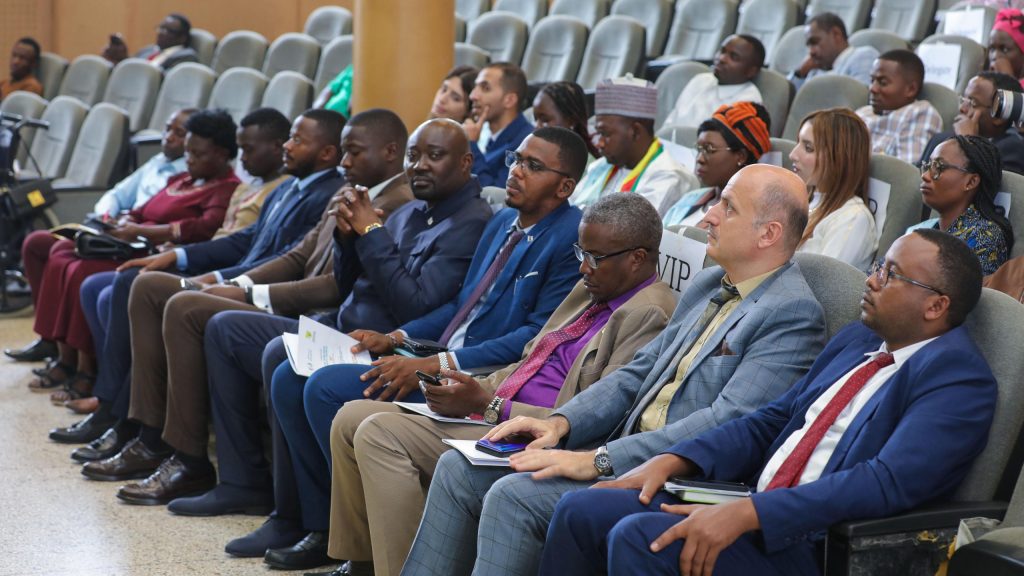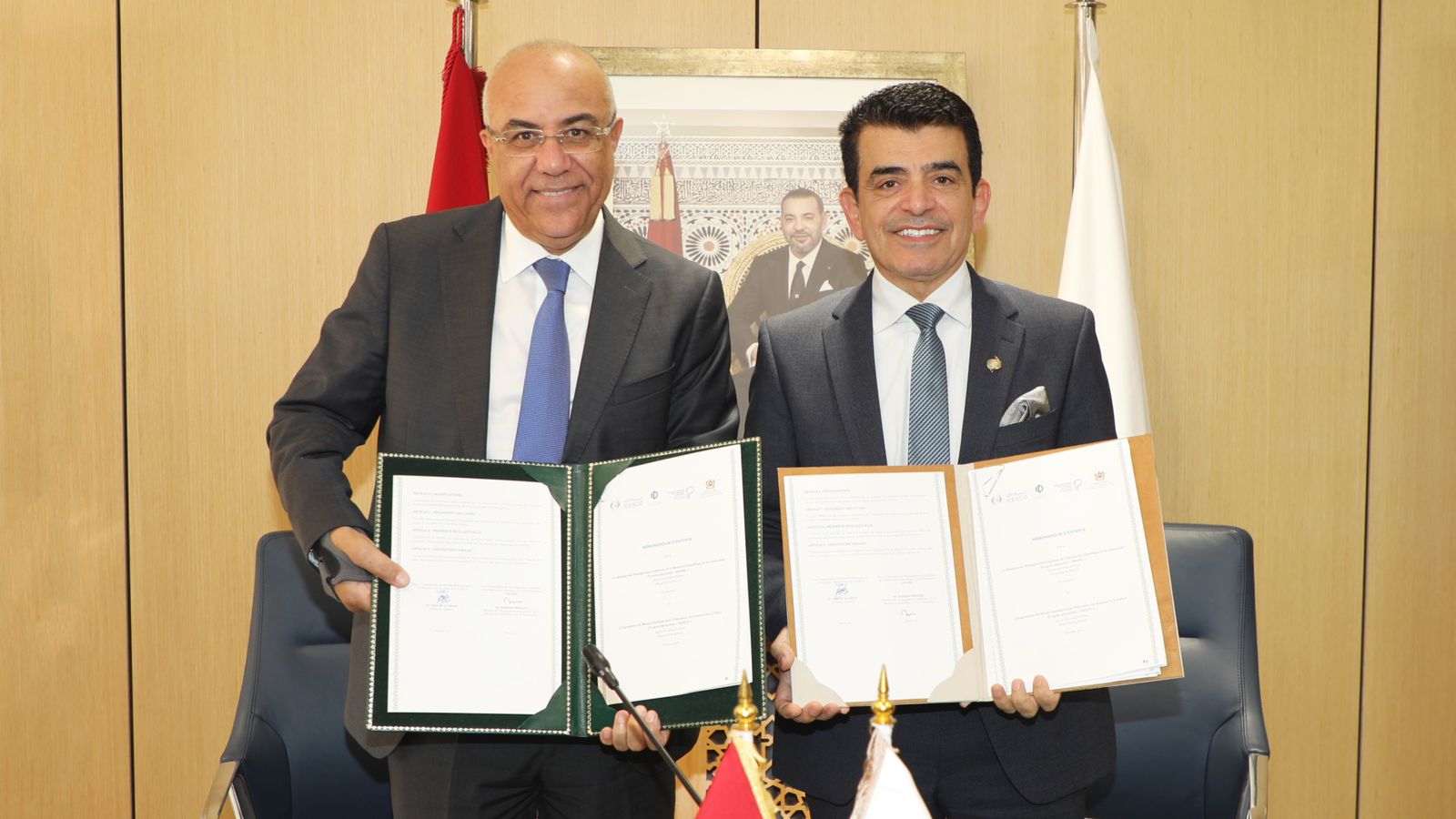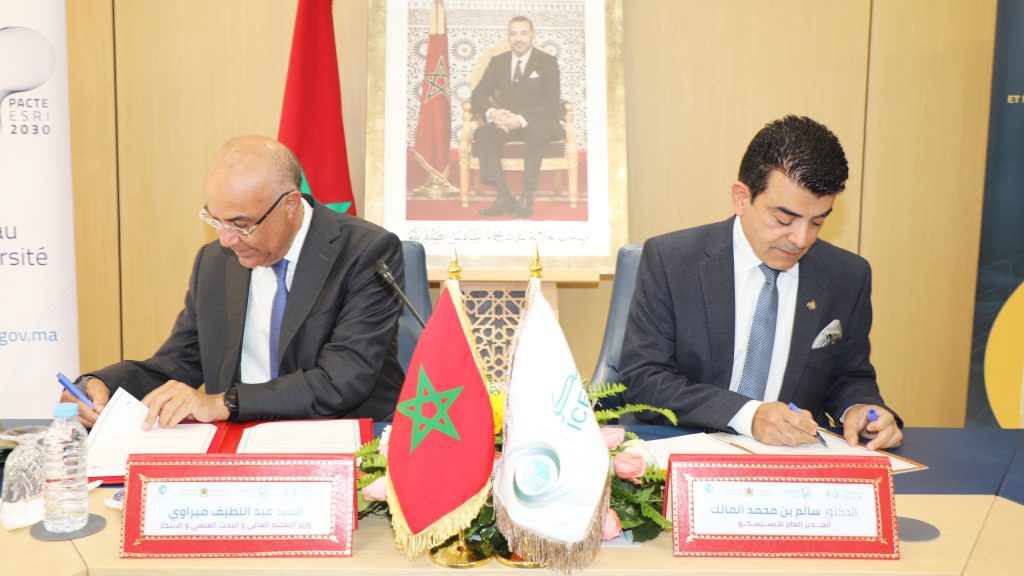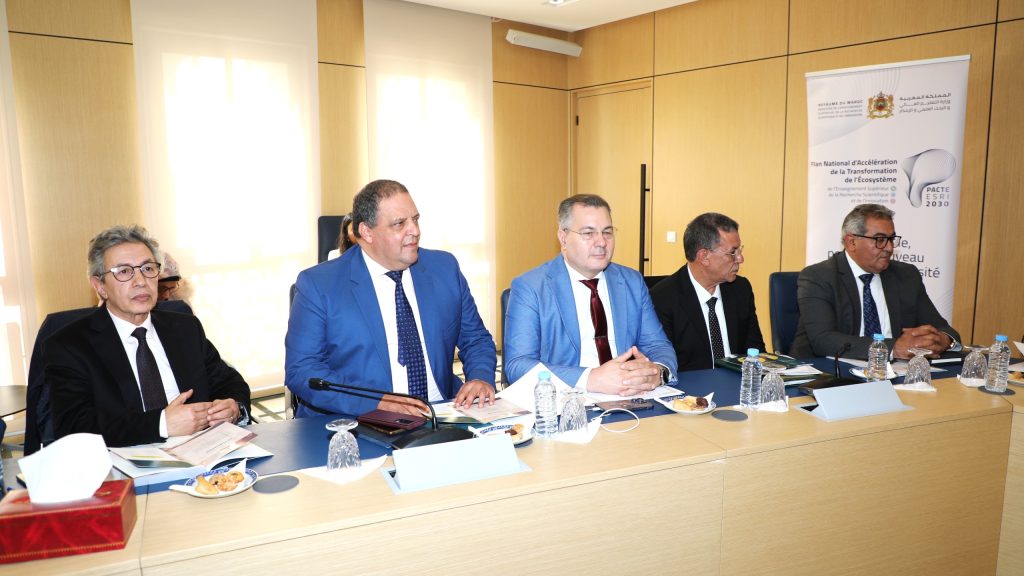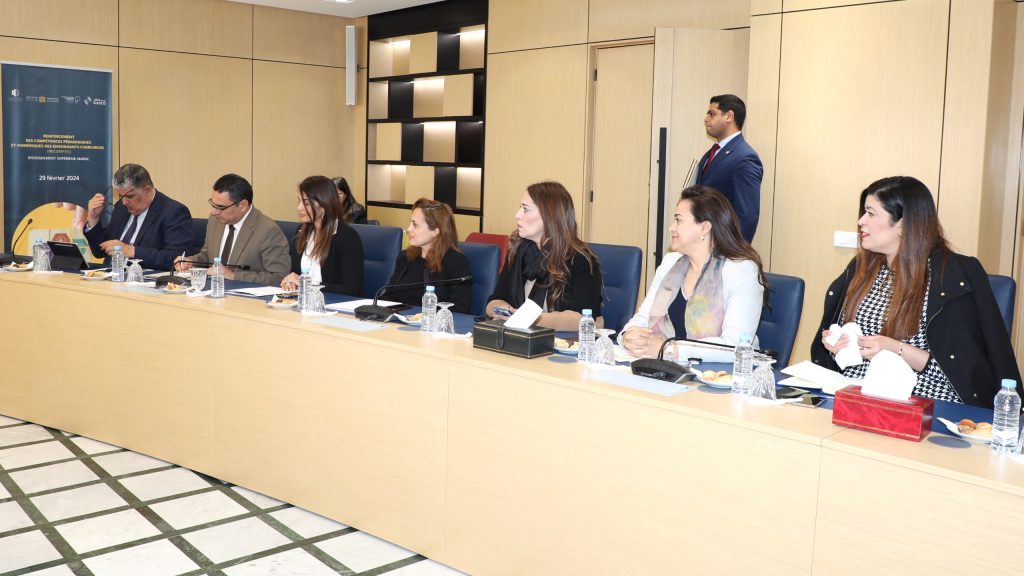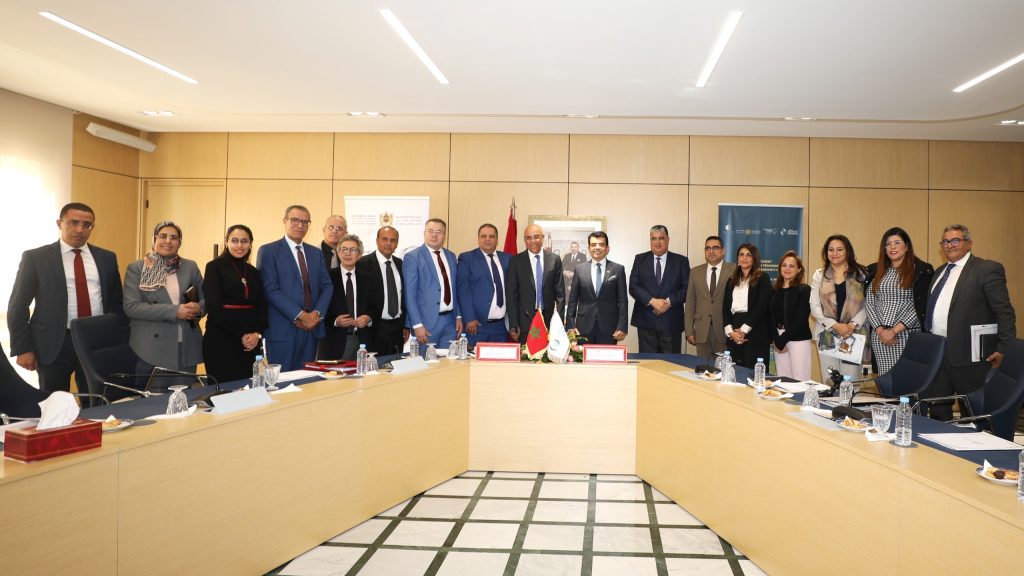The Islamic World Educational, Scientific, and Cultural Organization (ICESCO) and the NewGlobe Organization, specializing in education on the international level, convened to explore opportunities for collaboration in implementing various initiatives, programs, and projects. The focus was particularly on supporting educational transformation, skill development, and organizing international conferences and seminars on educational matters.
Chaired by Dr. Salim M. AlMalik, ICESCO Director-General, and Ms. Shannon May, President and Co-Founder of NewGlobe Organization, the meeting took place via videoconference on Thursday 14 March 2024. Also in attendance were Mr. Jay Kimmelman, CEO and Co-Founder, and Mr. Isfundiar Kasuri, Executive Director of the Pakistan office, as well as Policy and Partnership Director at the Organization. Representing ICESCO during the Meeting were Dr. Boly Koumbou Barry, Head of the Education Sector, and Mr. Anar Karimov, Head of the Partnerships and International Cooperation Sector, alongside experts from both sectors.

Dr. AlMalik reviewed ICESCO’s vision and operational strategy during the meeting, expressing the Organization’s keenness to collaborate with various international institutions to serve its Member States and Muslim communities worldwide in the realms of education, science, and culture.
The NewGlobe Organization representatives commended ICESCO’s efforts within the scope of its fields of competence before offering an outline of their Organization’s activities and programs implemented in various African and Asian countries. These endeavors aim to support educational transformation in partnership with the respective governments of those countries, striving to develop sustainable and resilient education systems.
Emphasizing the Organization’s adoption of data-driven and scientifically researched methods, NewGlobe representatives highlighted their efforts to support positive educational transformation, boost gross domestic product, generate employment opportunities, and address poverty issues.
The Two Parties explored possible future avenues of cooperation and areas of mutual interest, agreeing to continue discussions to formulate executive plans for initiatives, programs, and practical activities that carry tangible impacts.


